Shows
 Você tem que saber o básicoMax Weber🎙️ Salve, salve! No episódio de hoje, vamos conhecer um pouco do pensamento de um dos maiores sociólogos de todos os tempos: Max Weber! 🌟 Conhecido como um dos fundadores da sociologia moderna, Weber nos deixou um legado intelectual fascinante, abordando temas como capitalismo, religião, burocracia e muito mais. 🏛️📖
Neste episódio, vamos explorar a vida e obra desse gigante da sociologia, entender suas principais teorias e refletir sobre como suas ideias ainda influenciam nossa sociedade. 🤔✨
Prontos para essa jornada pelo pensamento de Weber? Então, aperte o play e venha com a gente! ▶️🔊
Não se esqueça de seguir o...2024-12-1108 min
Você tem que saber o básicoMax Weber🎙️ Salve, salve! No episódio de hoje, vamos conhecer um pouco do pensamento de um dos maiores sociólogos de todos os tempos: Max Weber! 🌟 Conhecido como um dos fundadores da sociologia moderna, Weber nos deixou um legado intelectual fascinante, abordando temas como capitalismo, religião, burocracia e muito mais. 🏛️📖
Neste episódio, vamos explorar a vida e obra desse gigante da sociologia, entender suas principais teorias e refletir sobre como suas ideias ainda influenciam nossa sociedade. 🤔✨
Prontos para essa jornada pelo pensamento de Weber? Então, aperte o play e venha com a gente! ▶️🔊
Não se esqueça de seguir o...2024-12-1108 min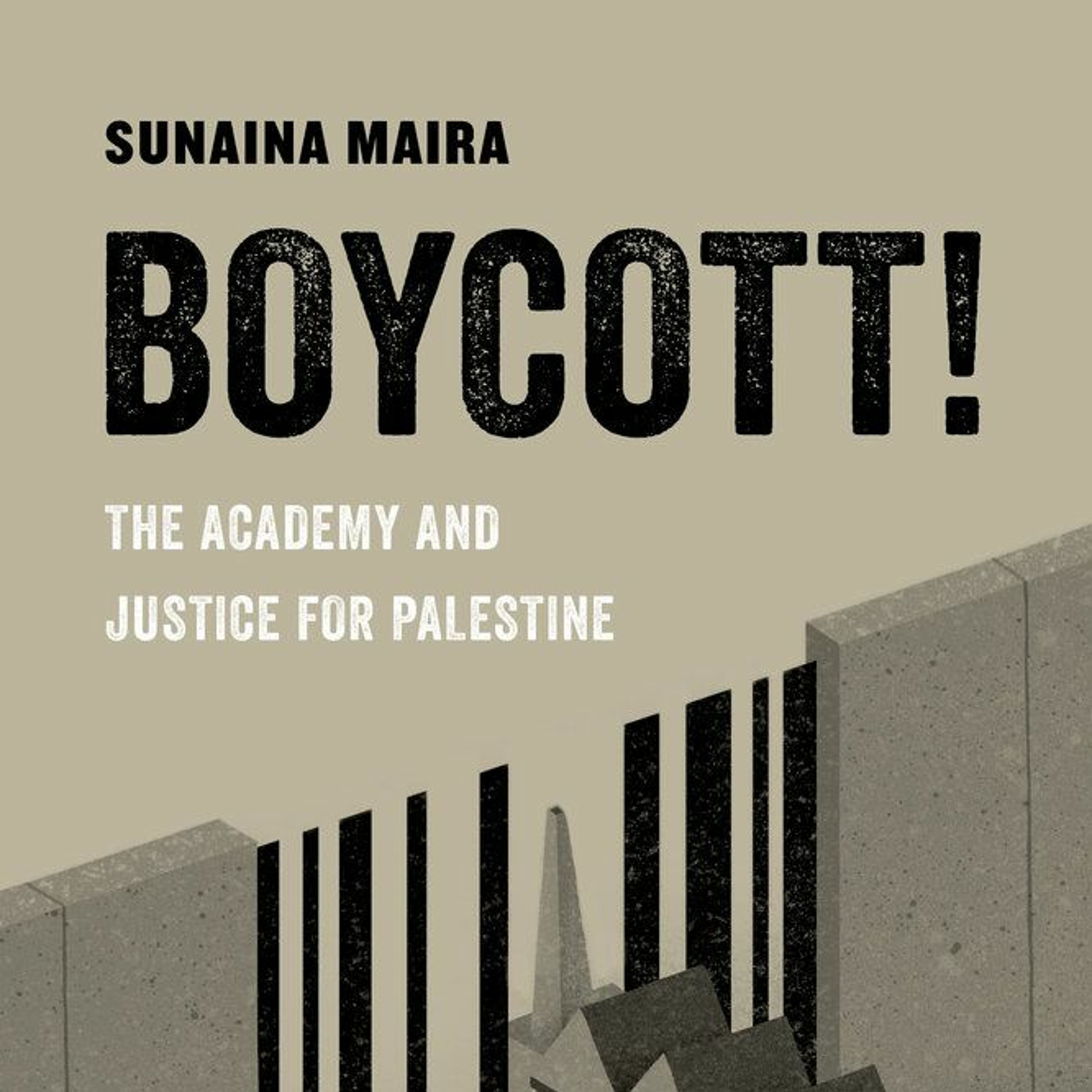 LSE Middle East Centre PodcastsKeynote 3: Sunaina Maira on a long war of position: Palestine, BDS, and besieging the siegeThis keynote lecture took place at the Gramsci in the Middle East & North Africa Conference organised by the LSE Middle East Centre in cooperation with Ghent University. The conference explored, through empirically-grounded research, how Gramsci’s work can help us make sense of our contemporary moment in the region marked by a significant expansion in resistance and uprising.
Sunaina Maira is Professor of Asian American Studies, and is affiliated with the Middle East/South Asia Studies program and with the Cultural Studies Graduate Group at the University of California, Davis. Her research and teaching focus on Asian, Arab, and Muslim Am...2022-08-0532 min
LSE Middle East Centre PodcastsKeynote 3: Sunaina Maira on a long war of position: Palestine, BDS, and besieging the siegeThis keynote lecture took place at the Gramsci in the Middle East & North Africa Conference organised by the LSE Middle East Centre in cooperation with Ghent University. The conference explored, through empirically-grounded research, how Gramsci’s work can help us make sense of our contemporary moment in the region marked by a significant expansion in resistance and uprising.
Sunaina Maira is Professor of Asian American Studies, and is affiliated with the Middle East/South Asia Studies program and with the Cultural Studies Graduate Group at the University of California, Davis. Her research and teaching focus on Asian, Arab, and Muslim Am...2022-08-0532 min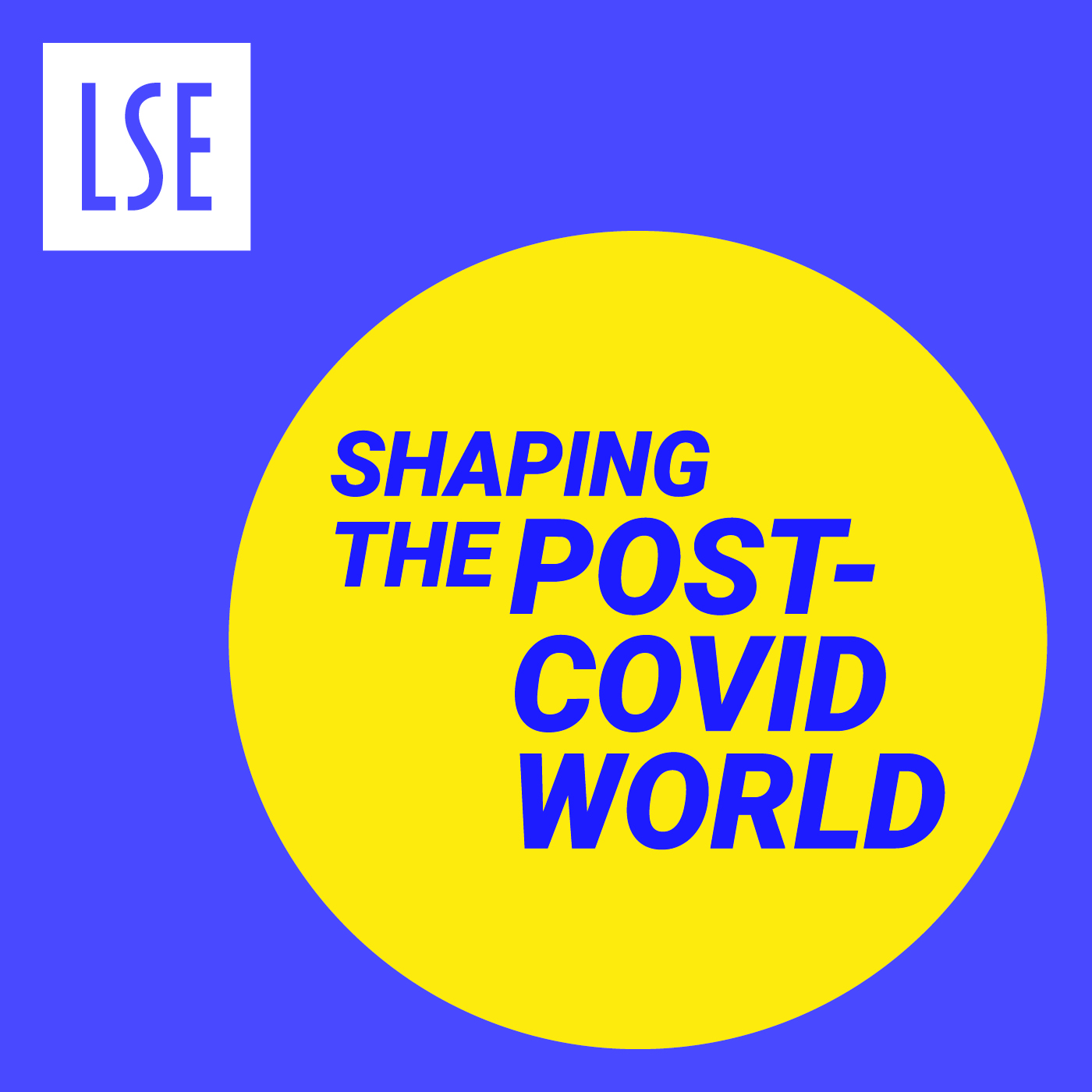 Shaping the Post-COVID WorldThe Politics of Inequality: why should we focus on resistance from below?Contributor(s): Professor John Chalcraft, Dr Flora Cornish, Professor Ellen Helsper, Dr Armine Ishkanian, Dr Sumi Madhok |
While it is now widely accepted that inequality is the defining issue of our time and there is growing research on the drivers and impacts of inequalities, there has been less focus on how inequalities are experienced and resisted by ordinary people and communities. The newly launched Politics of Inequality research theme at the International Inequalities Institute explores the practices of resistance, mobilisation, and contestation from a bottom-up perspective.
This panel will discuss the following questions
why we established this theme
why research...2021-01-271h 31
Shaping the Post-COVID WorldThe Politics of Inequality: why should we focus on resistance from below?Contributor(s): Professor John Chalcraft, Dr Flora Cornish, Professor Ellen Helsper, Dr Armine Ishkanian, Dr Sumi Madhok |
While it is now widely accepted that inequality is the defining issue of our time and there is growing research on the drivers and impacts of inequalities, there has been less focus on how inequalities are experienced and resisted by ordinary people and communities. The newly launched Politics of Inequality research theme at the International Inequalities Institute explores the practices of resistance, mobilisation, and contestation from a bottom-up perspective.
This panel will discuss the following questions
why we established this theme
why research...2021-01-271h 31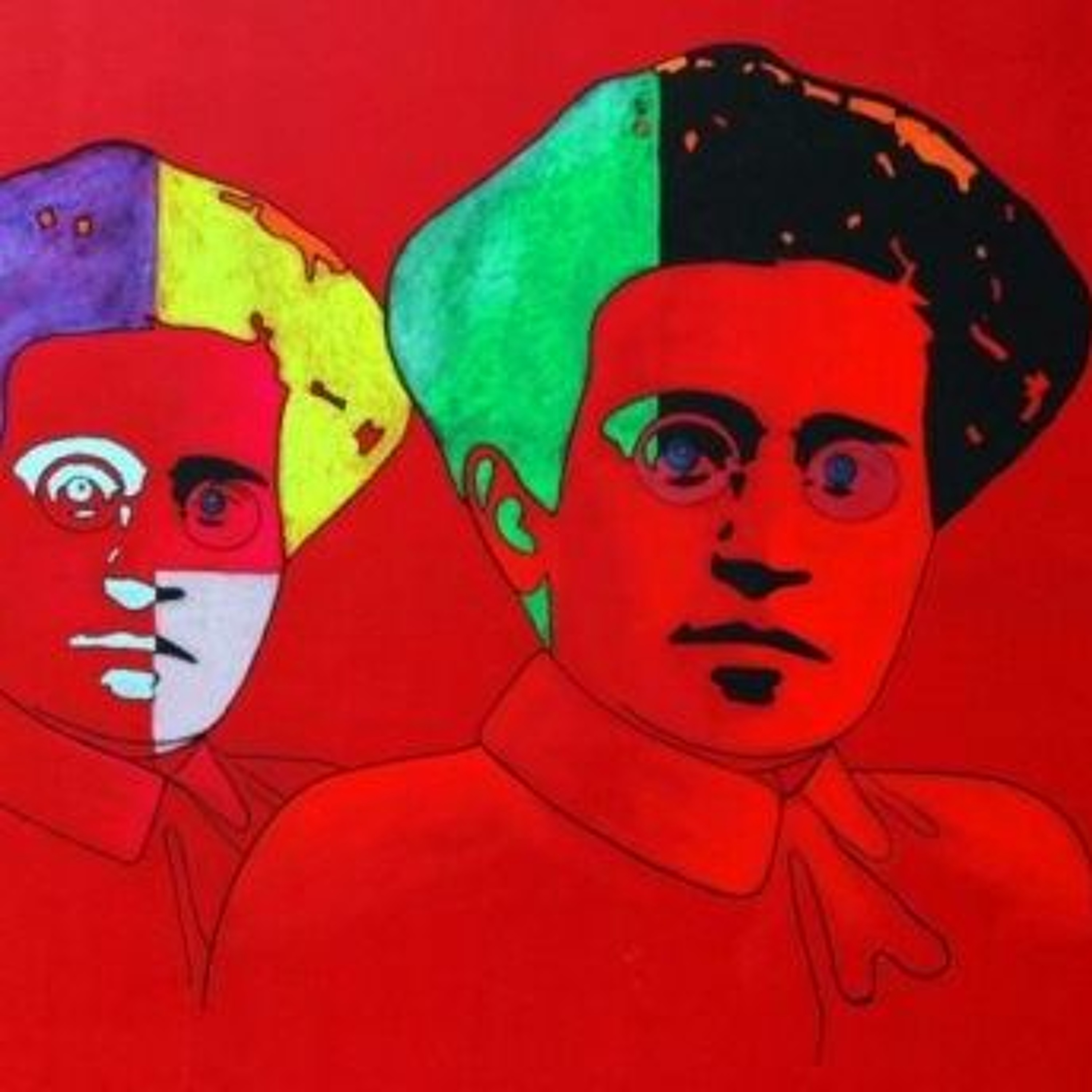 LSE Middle East Centre PodcastsTravelling With Gramsci: Capital and the Afterlives of Empire in Egypt and the Middle EastStuart Hall once wrote that we mustn’t use Gramsci like ‘an Old Testament prophet who, at the correct moment, will offer us the consoling and appropriate quotation.’ Instead, we must ‘think’ our problems in a Gramscian way. What would it mean to ‘think’ some of the problems facing Egypt and the broader Middle East in such a way, and what are some of the challenges and productive encounters this might produce? This talk looks at how Gramsci has ‘travelled’ to the Middle East, and what made this travel possible. In particular, Sara Salem traces some of the ways in which Gramsci’s co...2019-05-201h 01
LSE Middle East Centre PodcastsTravelling With Gramsci: Capital and the Afterlives of Empire in Egypt and the Middle EastStuart Hall once wrote that we mustn’t use Gramsci like ‘an Old Testament prophet who, at the correct moment, will offer us the consoling and appropriate quotation.’ Instead, we must ‘think’ our problems in a Gramscian way. What would it mean to ‘think’ some of the problems facing Egypt and the broader Middle East in such a way, and what are some of the challenges and productive encounters this might produce? This talk looks at how Gramsci has ‘travelled’ to the Middle East, and what made this travel possible. In particular, Sara Salem traces some of the ways in which Gramsci’s co...2019-05-201h 01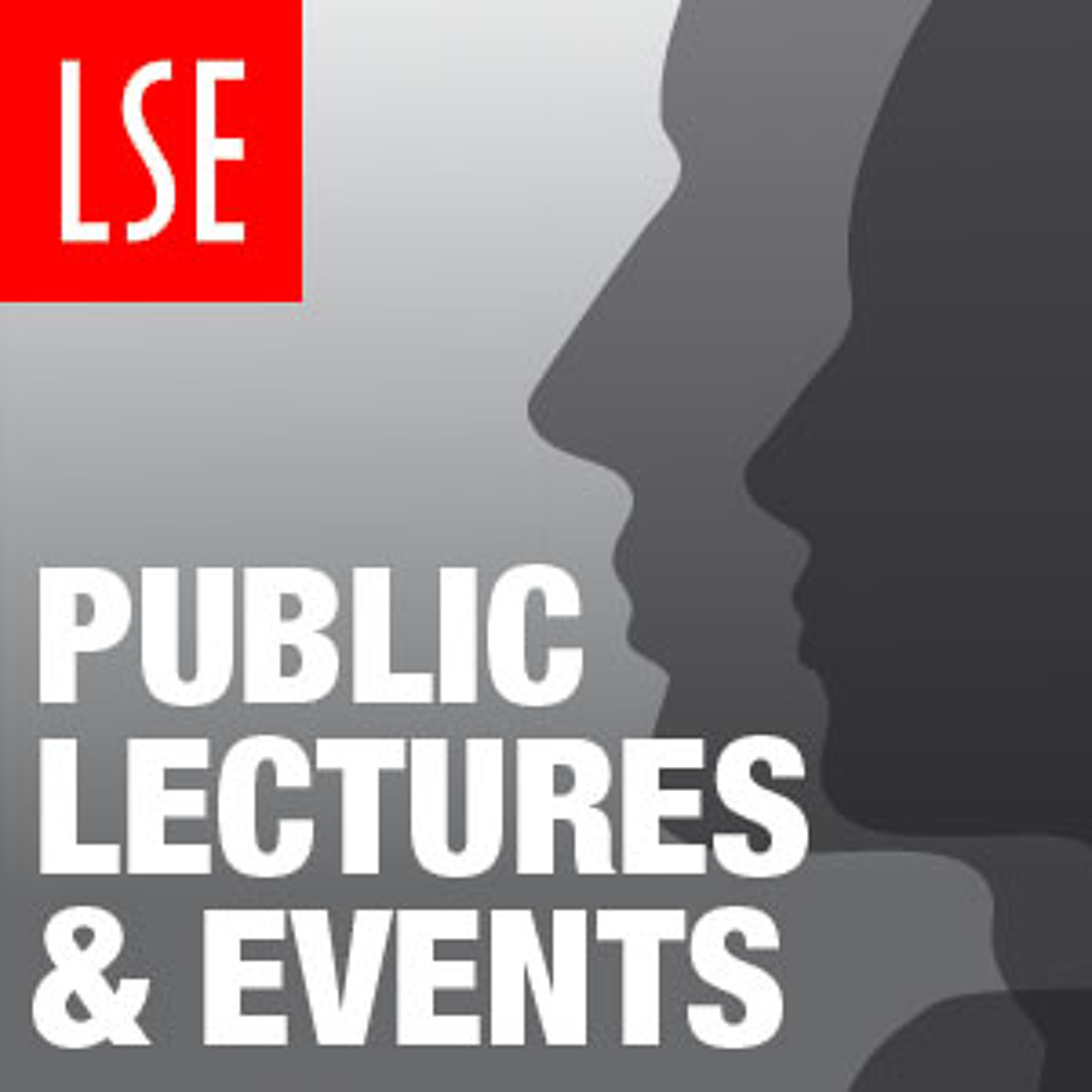 LSE Middle East Centre PodcastsProtest and Revolution in the Arab World: Reflections Three Years OnSpeaker: Madawi Al-Rasheed, LSE; John Chalcraft, LSE; Ewan Stein, University of Edinburgh
Chair: Toby Dodge, LSE
Three years after the Arab uprisings started in Tunisia, a panel of academics reflect on the causes and drivers behind these seminal events, how they have transformed countries like Egypt; but also why they have had less impact in other countries, such as Saudi Arabia. Recorded on 4 December 2013.2017-11-201h 33
LSE Middle East Centre PodcastsProtest and Revolution in the Arab World: Reflections Three Years OnSpeaker: Madawi Al-Rasheed, LSE; John Chalcraft, LSE; Ewan Stein, University of Edinburgh
Chair: Toby Dodge, LSE
Three years after the Arab uprisings started in Tunisia, a panel of academics reflect on the causes and drivers behind these seminal events, how they have transformed countries like Egypt; but also why they have had less impact in other countries, such as Saudi Arabia. Recorded on 4 December 2013.2017-11-201h 33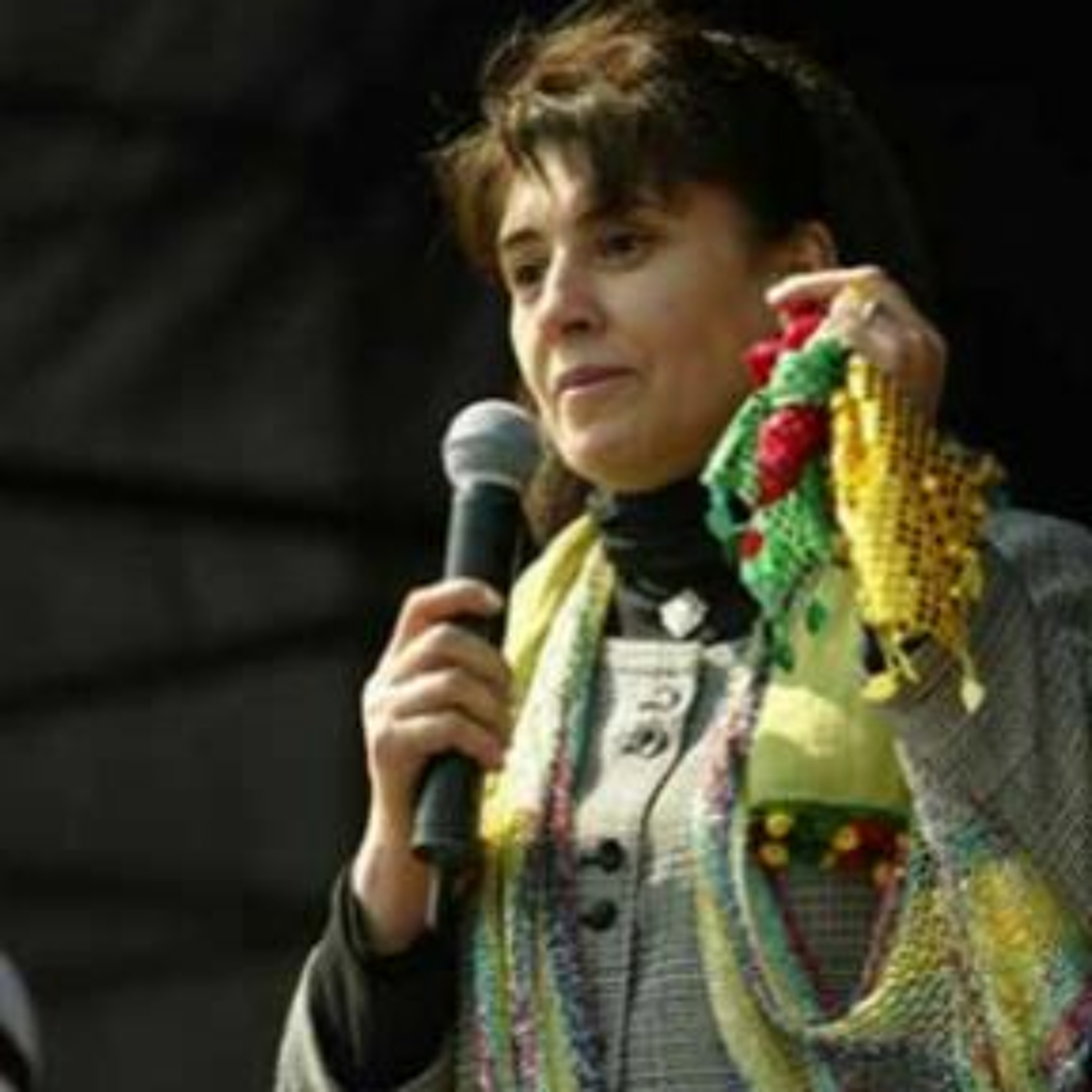 LSE Middle East Centre PodcastsPutting Gender at the Centre: The Feminist Turn in the Kurdish Political MovementSpeakers: Nadje Al-Ali, SOAS; Latif Tas, SOAS
Chair: John Chalcraft, LSE
Horizontal organising within social movements is not necessarily sensitive to gender-based and other intersectional forms of inequalities and hierarchies. Nadje Al-Ali and Latif Tas present their paper on 'the Feminist Turn in the Kurdish Political Movement', in which they critically explore the attempts by political activists and elected representatives of the Kurdish political movement in south-eastern Turkey (northern Kurdistan) to challenge patriarchal and masculinist ideology and practices. Recorded on 7 March 2017.
This seminar forms part of the Social Movements and Popular Mobilisation in the MENA Research Network.2017-11-201h 51
LSE Middle East Centre PodcastsPutting Gender at the Centre: The Feminist Turn in the Kurdish Political MovementSpeakers: Nadje Al-Ali, SOAS; Latif Tas, SOAS
Chair: John Chalcraft, LSE
Horizontal organising within social movements is not necessarily sensitive to gender-based and other intersectional forms of inequalities and hierarchies. Nadje Al-Ali and Latif Tas present their paper on 'the Feminist Turn in the Kurdish Political Movement', in which they critically explore the attempts by political activists and elected representatives of the Kurdish political movement in south-eastern Turkey (northern Kurdistan) to challenge patriarchal and masculinist ideology and practices. Recorded on 7 March 2017.
This seminar forms part of the Social Movements and Popular Mobilisation in the MENA Research Network.2017-11-201h 51 LSE Middle East Centre PodcastsThe Calculus of Dissidence: The FFS and the Failure of Opposition in AlgeriaSpeaker: Professor Hugh Roberts, Tufts University
Discussant: Dr Aula Hariri, LSE Middle East Centre
Chair: Professor John Chalcraft, LSE
The Socialist Forces Front (FFS) is routinely referred to as Algeria’s oldest opposition party. Finally legalised in 1989, the FFS from its foundation in 1963 provided the main template of ‘opposition’ in Algeria, but its achievements have been meagre at best. Hugh Roberts examines the FFS’s origins in the rebellion of 1963-5, arguing that its achievements as an opposition movement have been limited because it has not been engaged in opposition properly so called, merely dissidence. Recorded on 30 May 2017.
This seminar forms pa...2017-05-301h 59
LSE Middle East Centre PodcastsThe Calculus of Dissidence: The FFS and the Failure of Opposition in AlgeriaSpeaker: Professor Hugh Roberts, Tufts University
Discussant: Dr Aula Hariri, LSE Middle East Centre
Chair: Professor John Chalcraft, LSE
The Socialist Forces Front (FFS) is routinely referred to as Algeria’s oldest opposition party. Finally legalised in 1989, the FFS from its foundation in 1963 provided the main template of ‘opposition’ in Algeria, but its achievements have been meagre at best. Hugh Roberts examines the FFS’s origins in the rebellion of 1963-5, arguing that its achievements as an opposition movement have been limited because it has not been engaged in opposition properly so called, merely dissidence. Recorded on 30 May 2017.
This seminar forms pa...2017-05-301h 59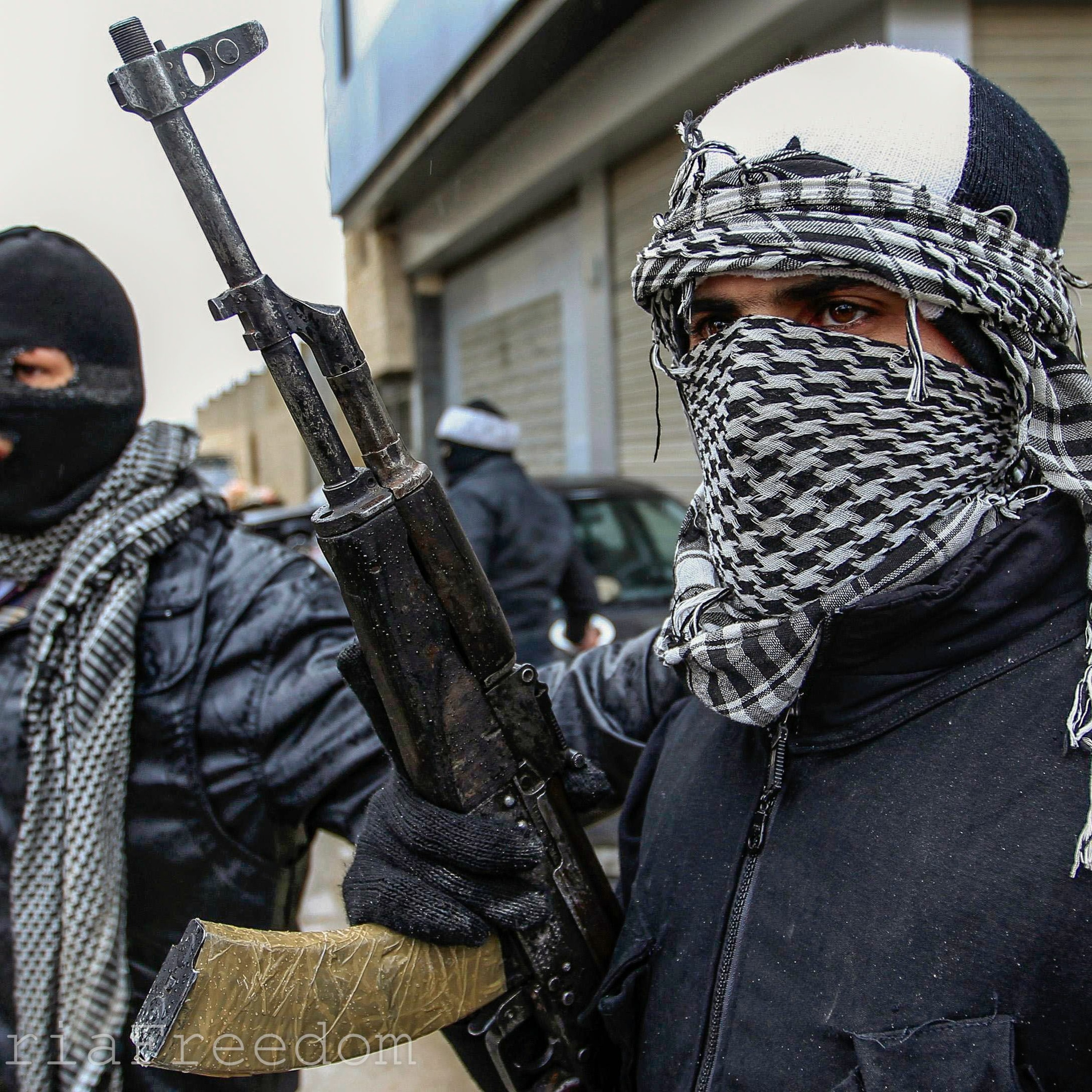 LSE Middle East Centre PodcastsInsurgent Cohesion and Collapse in Syria: A Social-Institutionalist ExplanationSpeaker: Thomas Pierret, University of Edinburgh
Chair: John Chalcraft, LSE
Over the last four years, the Syrian insurgency has witnessed the rise and consolidation of certain factions, particularly Islamist ones, but also the demise of once powerful groups of a more nationalist persuasion. Drawing on Paul Staniland's social-institutionalist conceptual framework, Thomas Pierret argues that groups that have relied on long-standing networks stemming from armed militancy or religious proselytism had a determining organisational advantage over counterparts that lacked such a background. Recorded on 2 May 2017.
This seminar forms part of the 'Social Movements and Popular Mobilisation in the MENA Research Theme'.2017-05-0842 min
LSE Middle East Centre PodcastsInsurgent Cohesion and Collapse in Syria: A Social-Institutionalist ExplanationSpeaker: Thomas Pierret, University of Edinburgh
Chair: John Chalcraft, LSE
Over the last four years, the Syrian insurgency has witnessed the rise and consolidation of certain factions, particularly Islamist ones, but also the demise of once powerful groups of a more nationalist persuasion. Drawing on Paul Staniland's social-institutionalist conceptual framework, Thomas Pierret argues that groups that have relied on long-standing networks stemming from armed militancy or religious proselytism had a determining organisational advantage over counterparts that lacked such a background. Recorded on 2 May 2017.
This seminar forms part of the 'Social Movements and Popular Mobilisation in the MENA Research Theme'.2017-05-0842 min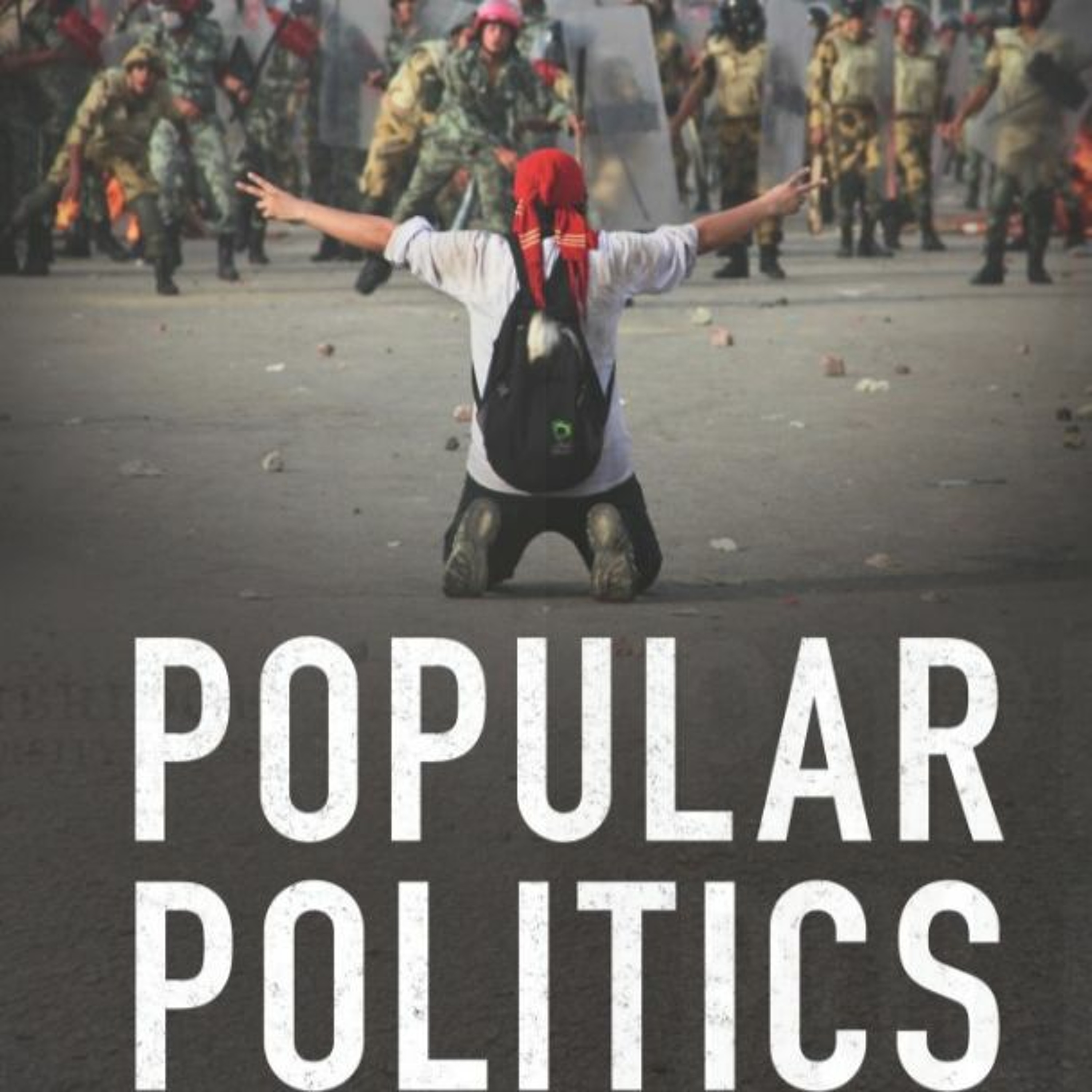 LSE Middle East Centre PodcastsPopular Politics in the Making of the Modern Middle EastSpeaker: John Chalcraft, LSE
Chair: Aitemad Muhanna-Matar, LSE Middle East Centre
John Chalcraft launches his book Popular Politics in the Making of the Modern Middle East, which gives an account of popular protest that emphasizes the revolutionary modern history of the region. Challenging top-down views of Middle Eastern politics, Chalcraft looks at how commoners, subjects and citizens have long mobilised in defiance of authorities, taking examples from a wide variety of protest movements from Morocco to Iran. Recorded on 26 October 2016.2016-10-261h 31
LSE Middle East Centre PodcastsPopular Politics in the Making of the Modern Middle EastSpeaker: John Chalcraft, LSE
Chair: Aitemad Muhanna-Matar, LSE Middle East Centre
John Chalcraft launches his book Popular Politics in the Making of the Modern Middle East, which gives an account of popular protest that emphasizes the revolutionary modern history of the region. Challenging top-down views of Middle Eastern politics, Chalcraft looks at how commoners, subjects and citizens have long mobilised in defiance of authorities, taking examples from a wide variety of protest movements from Morocco to Iran. Recorded on 26 October 2016.2016-10-261h 31 LSE Middle East Centre PodcastsLet's Rock/Rap it! Music as Collective Action: The Case of the Arab SpringSpeaker: Amina Boubia, Sciences Po Centre for International Studies
Discussant: Cristina Moreno Almeida, LSE
Chair: John Chalcraft, LSE
Amina Boubia presents her paper which studies the role new music genres such as rock and rap have played in the Middle East and North Africa during the Arab Spring. She argues that music is a powerful form of collective action and should therefore be taken seriously by academics and stakeholders as it can either effectively strengthen contentious movements emerging in a specific context, thus challenging the established order, or, on the contrary, contribute to supporting the status quo. Recorded on 11 October 2016.
...2016-10-1127 min
LSE Middle East Centre PodcastsLet's Rock/Rap it! Music as Collective Action: The Case of the Arab SpringSpeaker: Amina Boubia, Sciences Po Centre for International Studies
Discussant: Cristina Moreno Almeida, LSE
Chair: John Chalcraft, LSE
Amina Boubia presents her paper which studies the role new music genres such as rock and rap have played in the Middle East and North Africa during the Arab Spring. She argues that music is a powerful form of collective action and should therefore be taken seriously by academics and stakeholders as it can either effectively strengthen contentious movements emerging in a specific context, thus challenging the established order, or, on the contrary, contribute to supporting the status quo. Recorded on 11 October 2016.
...2016-10-1127 min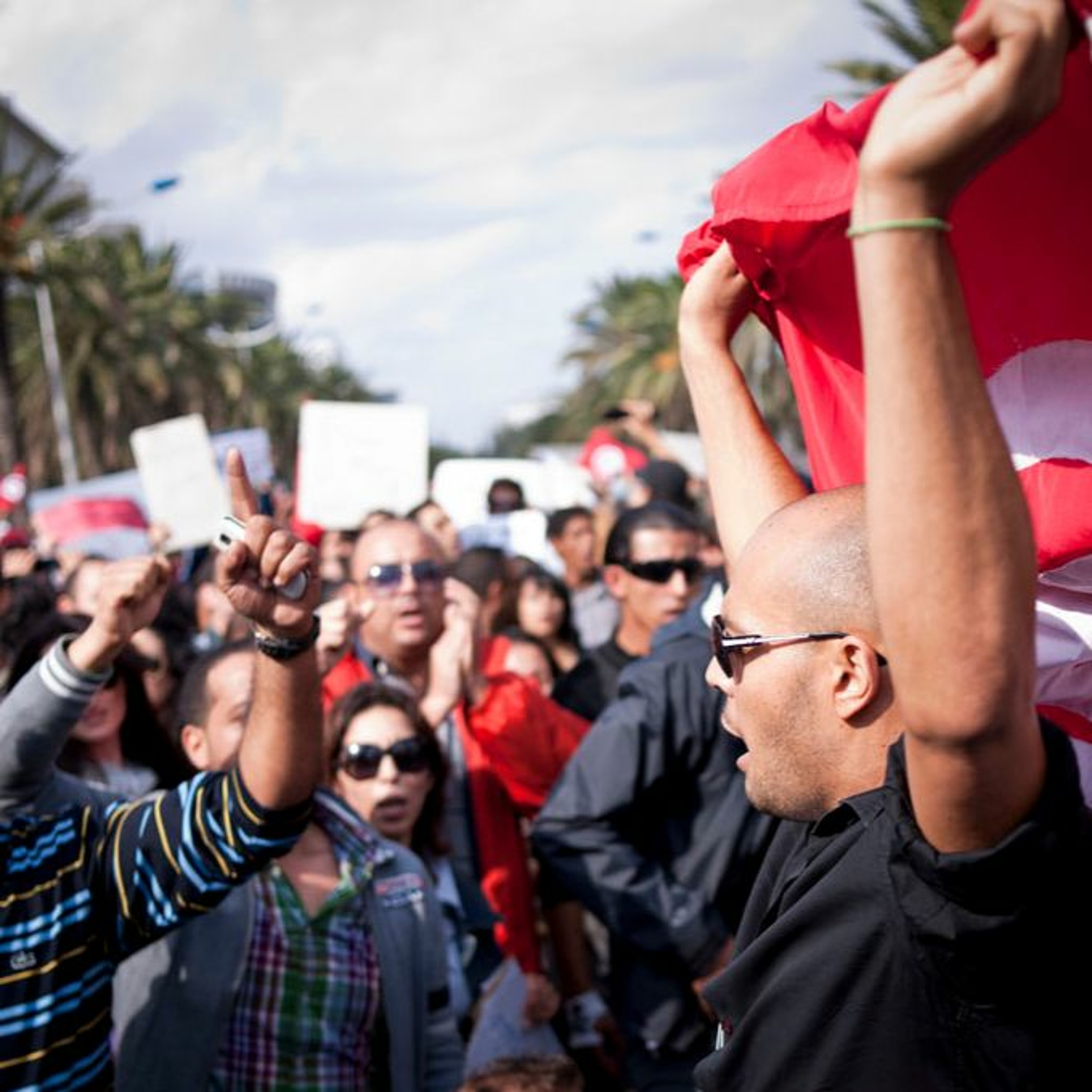 LSE Middle East Centre PodcastsBeyond the "Tunisian Exception": (Un)changing Politics and Social MovementsSpeaker: Choukri Hmed, Paris Dauphine University
Chair: John Chalcraft, LSE
Tunisia is frequently known as the small “noiseless country” of the MENA that achieved its political transition and successfully managed to avoid civil war and authoritarian consolidation. Based on an ongoing fieldwork, Choukri Hmed presents his paper which, without undermining these political outcomes, proposes an analysis of the (un)changing frames and issues in both social movements and the political field in the country. Recorded on 2 February 2016.
This seminar forms part of the 'Social Movements and Popular Mobilisation in the MENA Research Theme'.
Image credit: Ezequiel Scagnetti, European Parliament Flickr. Demo...2016-02-022h 00
LSE Middle East Centre PodcastsBeyond the "Tunisian Exception": (Un)changing Politics and Social MovementsSpeaker: Choukri Hmed, Paris Dauphine University
Chair: John Chalcraft, LSE
Tunisia is frequently known as the small “noiseless country” of the MENA that achieved its political transition and successfully managed to avoid civil war and authoritarian consolidation. Based on an ongoing fieldwork, Choukri Hmed presents his paper which, without undermining these political outcomes, proposes an analysis of the (un)changing frames and issues in both social movements and the political field in the country. Recorded on 2 February 2016.
This seminar forms part of the 'Social Movements and Popular Mobilisation in the MENA Research Theme'.
Image credit: Ezequiel Scagnetti, European Parliament Flickr. Demo...2016-02-022h 00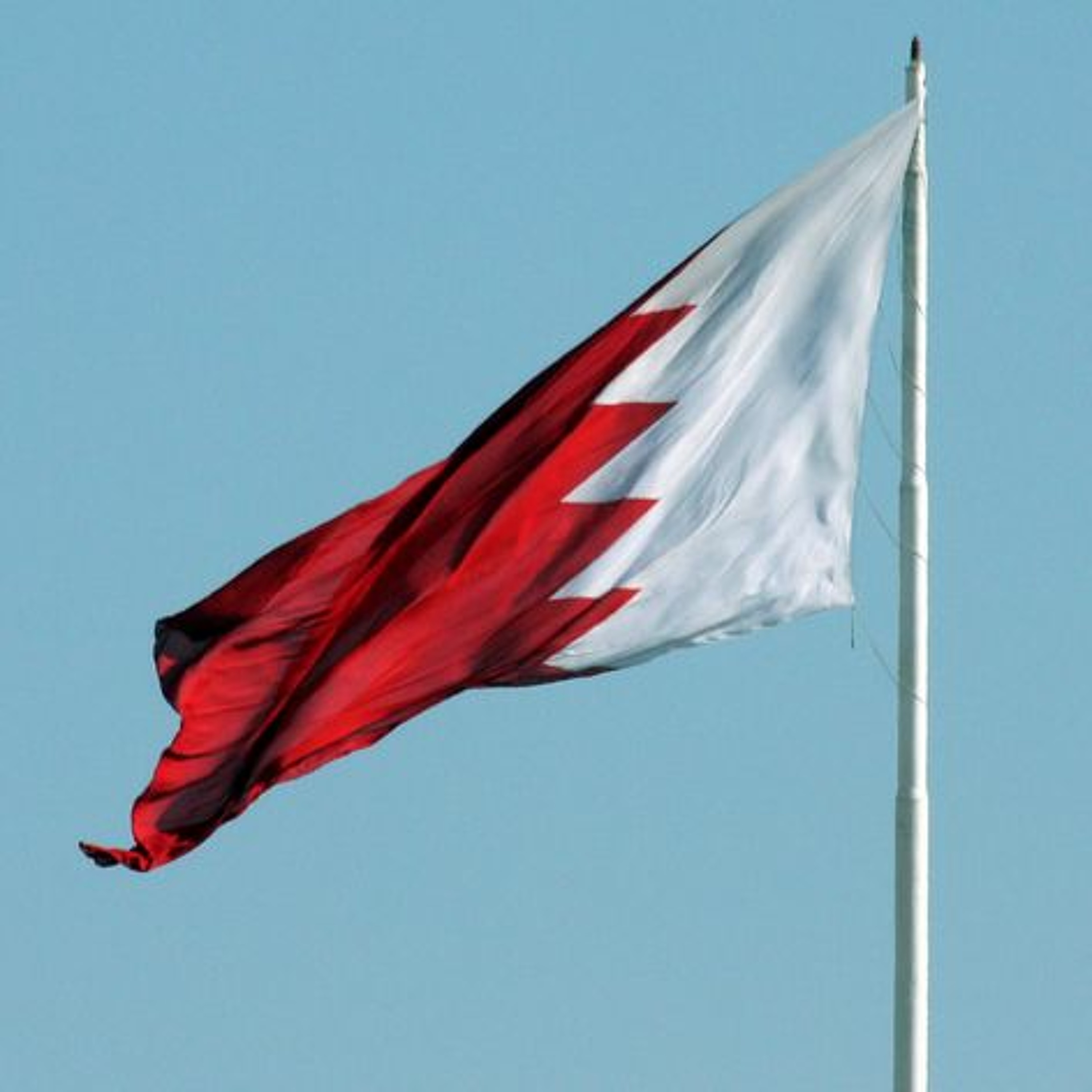 LSE Middle East Centre PodcastsRevisiting the Arab Spring in BahrainSpeaker: Abdulhadi Khalaf, Lund University
Chair: John Chalcraft, LSE
In this seminar, Abdulhadi Khalaf revisits the Bahraini trajectory of the Arab Spring. He examines the consequences of competition between moderate opposition networks and their diverse radical flanks. The paper argues that the positive roles of the radical flanks include developing new political opportunities and attracting new participants to join the movement. These, in the case of Bahrain, have outweighed the commonly cited negative outcomes, such fragmenting the movement and/or exposing it to manipulation by one or more of the protagonists in the ongoing contention. Recorded on 8 December 2015.
This event...2015-12-081h 52
LSE Middle East Centre PodcastsRevisiting the Arab Spring in BahrainSpeaker: Abdulhadi Khalaf, Lund University
Chair: John Chalcraft, LSE
In this seminar, Abdulhadi Khalaf revisits the Bahraini trajectory of the Arab Spring. He examines the consequences of competition between moderate opposition networks and their diverse radical flanks. The paper argues that the positive roles of the radical flanks include developing new political opportunities and attracting new participants to join the movement. These, in the case of Bahrain, have outweighed the commonly cited negative outcomes, such fragmenting the movement and/or exposing it to manipulation by one or more of the protagonists in the ongoing contention. Recorded on 8 December 2015.
This event...2015-12-081h 52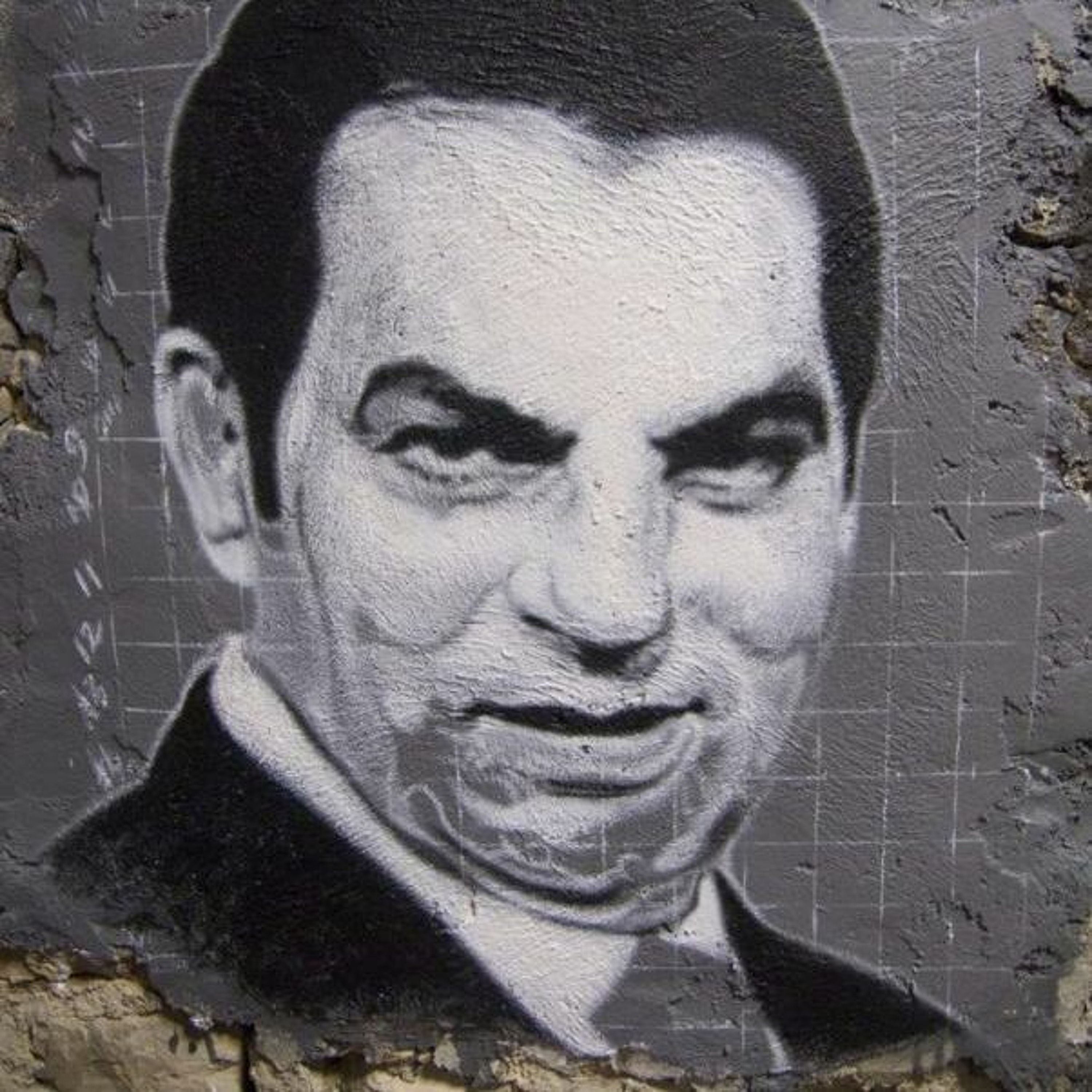 LSE Middle East Centre PodcastsBetween Hegemony and Resistance: Towards a Moral Economy of the Tunisian RevolutionSpeaker: Sami Zemni, Middle East and North Africa Research Group
Chair: John Chalcraft, LSE
In this seminar, Sami Zemni presents his paper, co-written with Habib Ayeb, titled: Between Hegemony and Resistance: towards a moral economy of the Tunisian Revolution.
The revolutionary upheavals in Tunisia and across the MENA which began in 2011 have fundamentally challenged the frameworks traditionally used to define and interpret Arab political life, namely ‘authoritarian resilience’ and/or ‘democratization studies’. The paper uses a ‘moral economy’ approach in order to understand the massive mobilizations that led to Ben Ali’s disappearance, and to make sense of the nature of political c...2015-10-201h 56
LSE Middle East Centre PodcastsBetween Hegemony and Resistance: Towards a Moral Economy of the Tunisian RevolutionSpeaker: Sami Zemni, Middle East and North Africa Research Group
Chair: John Chalcraft, LSE
In this seminar, Sami Zemni presents his paper, co-written with Habib Ayeb, titled: Between Hegemony and Resistance: towards a moral economy of the Tunisian Revolution.
The revolutionary upheavals in Tunisia and across the MENA which began in 2011 have fundamentally challenged the frameworks traditionally used to define and interpret Arab political life, namely ‘authoritarian resilience’ and/or ‘democratization studies’. The paper uses a ‘moral economy’ approach in order to understand the massive mobilizations that led to Ben Ali’s disappearance, and to make sense of the nature of political c...2015-10-201h 56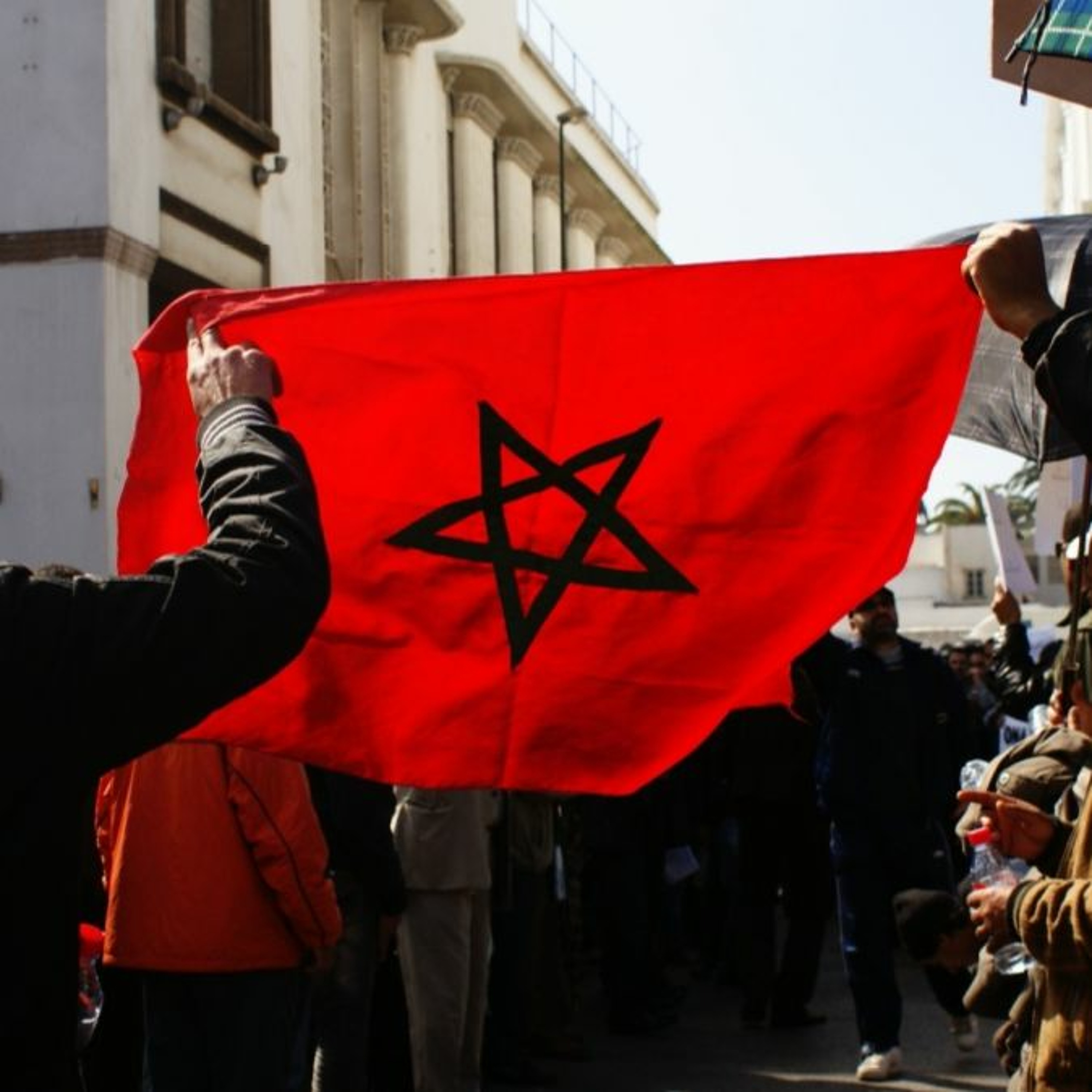 LSE Middle East Centre PodcastsHow Self-Limiting Mobilisations Work: The Case of MoroccoSpeaker: Frédéric Vairel, University of Ottawa
Discussant: Nawal Mustafa, LSE
Chair: John Chalcraft, LSE
Frédéric describes how self-limitation works in contemporary Moroccan mobilisation, with particular reference to the 20th February Movement. In 2011, contestation dynamics did not reach national amplitude despite being spread across various parts of the country. Frédéric looks at the institutionalisation of contentious space, shedding light on the relation between contentious space and institutional politics. He also addresses how different actors within contentious spaces calculate their actions and explains why self-limitation is not embedded in a moral economy in Morocco. Recorded on 20 May 20...2015-05-201h 55
LSE Middle East Centre PodcastsHow Self-Limiting Mobilisations Work: The Case of MoroccoSpeaker: Frédéric Vairel, University of Ottawa
Discussant: Nawal Mustafa, LSE
Chair: John Chalcraft, LSE
Frédéric describes how self-limitation works in contemporary Moroccan mobilisation, with particular reference to the 20th February Movement. In 2011, contestation dynamics did not reach national amplitude despite being spread across various parts of the country. Frédéric looks at the institutionalisation of contentious space, shedding light on the relation between contentious space and institutional politics. He also addresses how different actors within contentious spaces calculate their actions and explains why self-limitation is not embedded in a moral economy in Morocco. Recorded on 20 May 20...2015-05-201h 55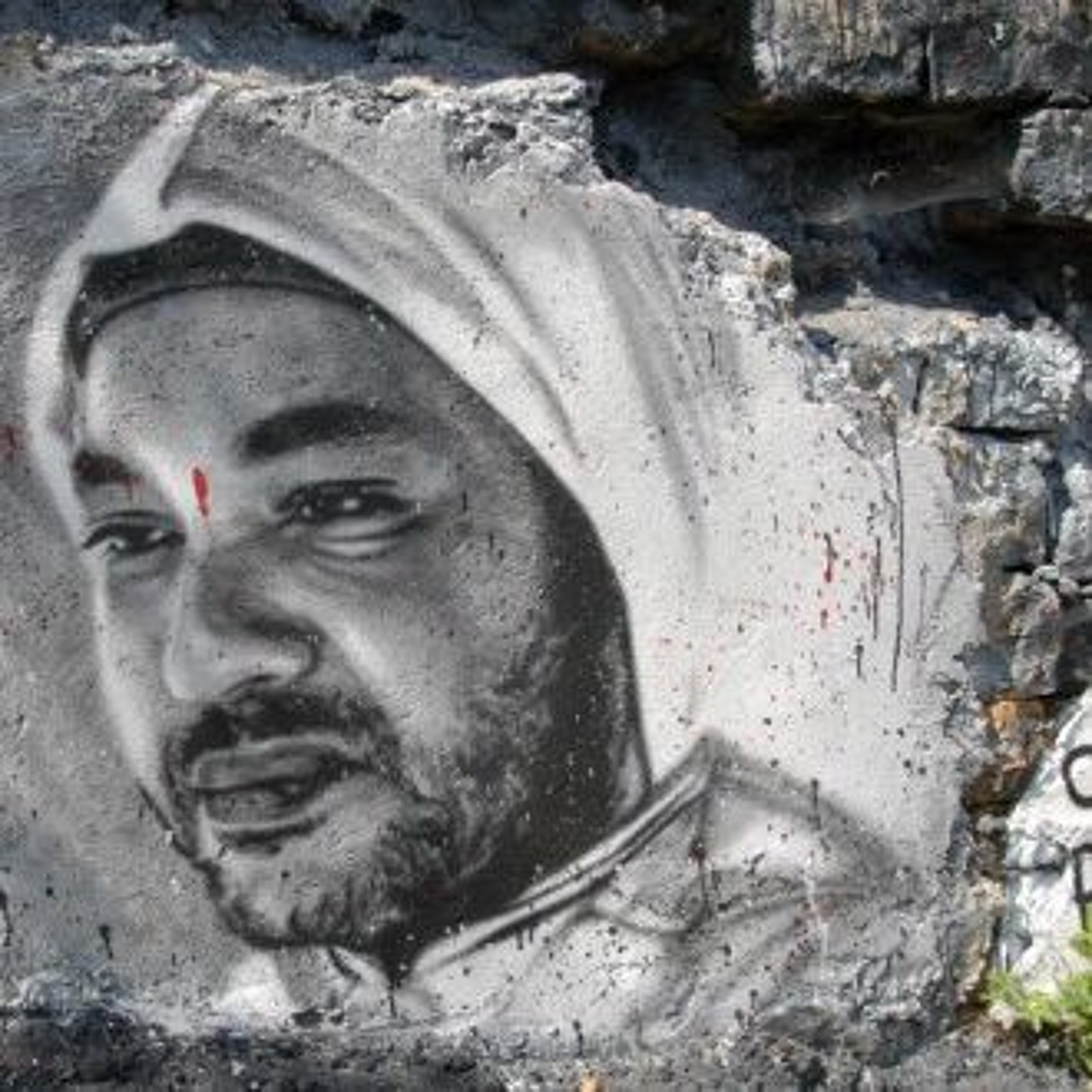 LSE Middle East Centre PodcastsOf Regime and Movements: Authoritarian Reform and the 2011 Popular Uprisings in MoroccoSpeaker: Frédéric Vairel, University of Ottawa
Chair: John Chalcraft, LSE
Most of the existing literature on the 2011 MENA uprisings looks in isolation at either the contentious politics of popular mobilisation or regime responses to them. Frédéric Vairel proposes a move away from this approach in order to understand the Moroccan case, instead considering both sides together by looking at the 20th February Movement and the regime’s response to it. He argues that by resorting to a number of short and long term reforms; toleration, repression and containment of street mobilisation, the regime was able to avoid...2015-05-1950 min
LSE Middle East Centre PodcastsOf Regime and Movements: Authoritarian Reform and the 2011 Popular Uprisings in MoroccoSpeaker: Frédéric Vairel, University of Ottawa
Chair: John Chalcraft, LSE
Most of the existing literature on the 2011 MENA uprisings looks in isolation at either the contentious politics of popular mobilisation or regime responses to them. Frédéric Vairel proposes a move away from this approach in order to understand the Moroccan case, instead considering both sides together by looking at the 20th February Movement and the regime’s response to it. He argues that by resorting to a number of short and long term reforms; toleration, repression and containment of street mobilisation, the regime was able to avoid...2015-05-1950 min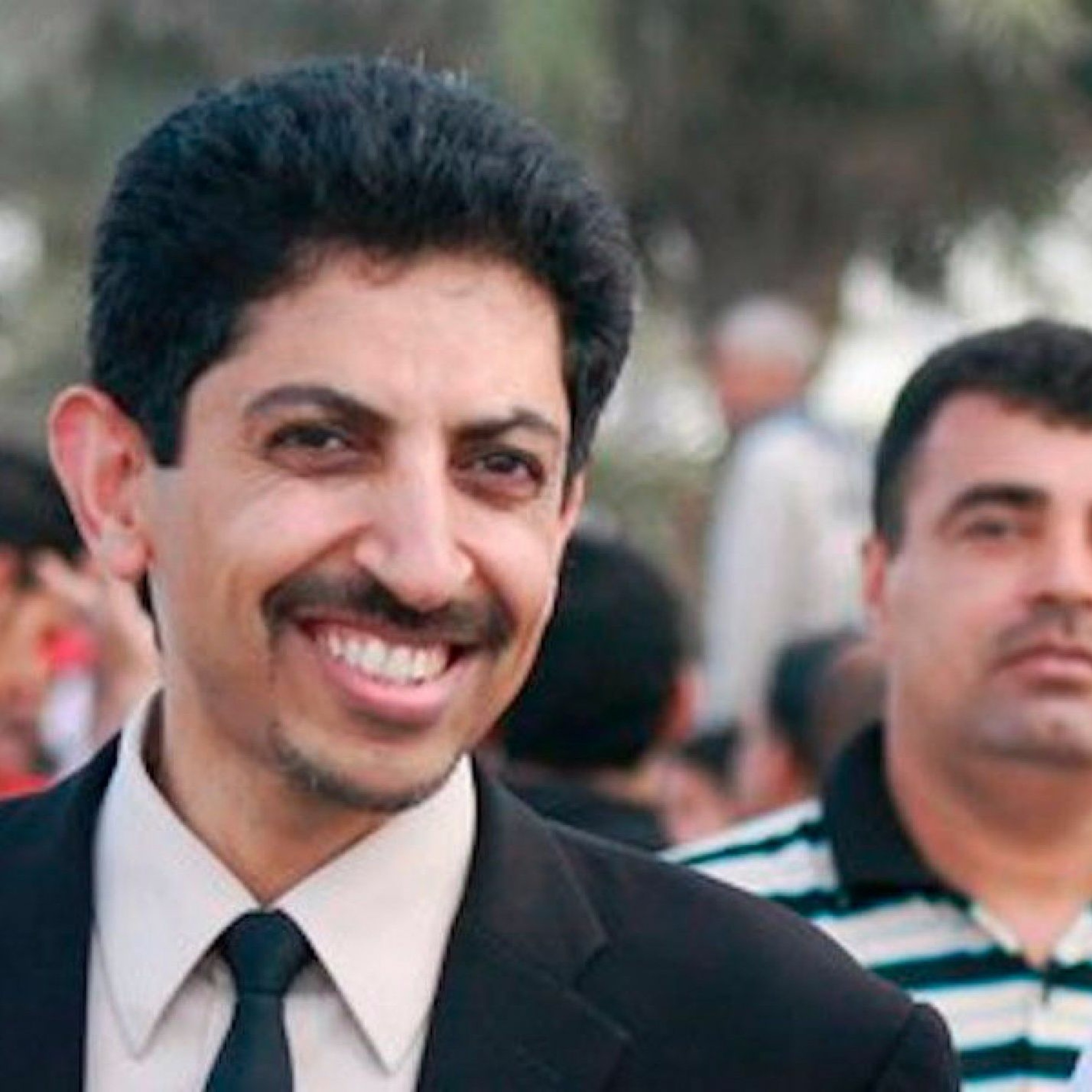 LSE Middle East Centre PodcastsBahraini Activism in Exile: Legacies and Revolutionary RupturesSpeaker: Claire Beaugrand, Institut Français du Proche Orient
Discussant: Filippo Dionigi, LSE Middle East Centre
Chair: John Chalcraft, LSE
Bahrain has had a long history of exiling its opponents as a way to regulate political dissent. The 2011 political uprising in Bahrain marked a new phase in the history of Bahraini outmigration and exile politics. The brutal repression with which the protest movement was met (particularly from March to July 2011) led to a new wave of political exile, affecting a wider range of socio-economic categories. With most of the Arab countries, notably Syria, themselves in turmoil and Gulf countries having c...2015-04-0358 min
LSE Middle East Centre PodcastsBahraini Activism in Exile: Legacies and Revolutionary RupturesSpeaker: Claire Beaugrand, Institut Français du Proche Orient
Discussant: Filippo Dionigi, LSE Middle East Centre
Chair: John Chalcraft, LSE
Bahrain has had a long history of exiling its opponents as a way to regulate political dissent. The 2011 political uprising in Bahrain marked a new phase in the history of Bahraini outmigration and exile politics. The brutal repression with which the protest movement was met (particularly from March to July 2011) led to a new wave of political exile, affecting a wider range of socio-economic categories. With most of the Arab countries, notably Syria, themselves in turmoil and Gulf countries having c...2015-04-0358 min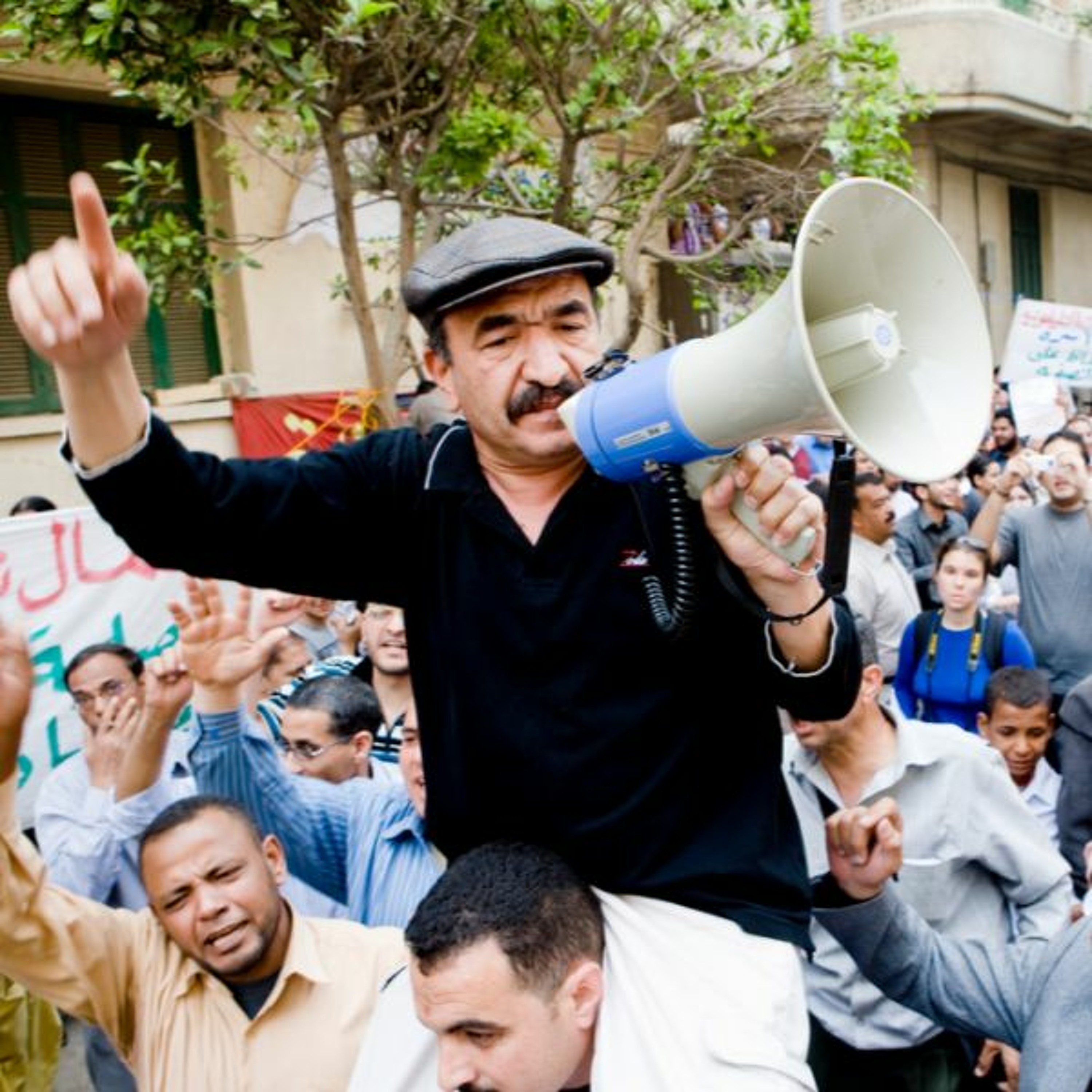 LSE Middle East Centre PodcastsThe Non-Contentious Politics of Labour Protests in EgyptSpeaker: Marie Duboc, University of Tübingen
Chair: John Chalcraft, LSE
This talk focuses on labour protests in Egypt, before and after the fall of Hosni Mubarak. It argues that repression and radicalisation do not fully capture the dynamics of social movements in authoritarian contexts. Instead, it suggests to expand the contentious politics approach, the dominant theoretical framework used to study collective action. Through the study of labour action in Egypt Duboc moves away from approaches apprehending social movements as linear processes, explaining why they can lead to revolutionary situations as well as hinder them. Recorded on 25 February 2015.
This seminar f...2015-02-251h 26
LSE Middle East Centre PodcastsThe Non-Contentious Politics of Labour Protests in EgyptSpeaker: Marie Duboc, University of Tübingen
Chair: John Chalcraft, LSE
This talk focuses on labour protests in Egypt, before and after the fall of Hosni Mubarak. It argues that repression and radicalisation do not fully capture the dynamics of social movements in authoritarian contexts. Instead, it suggests to expand the contentious politics approach, the dominant theoretical framework used to study collective action. Through the study of labour action in Egypt Duboc moves away from approaches apprehending social movements as linear processes, explaining why they can lead to revolutionary situations as well as hinder them. Recorded on 25 February 2015.
This seminar f...2015-02-251h 26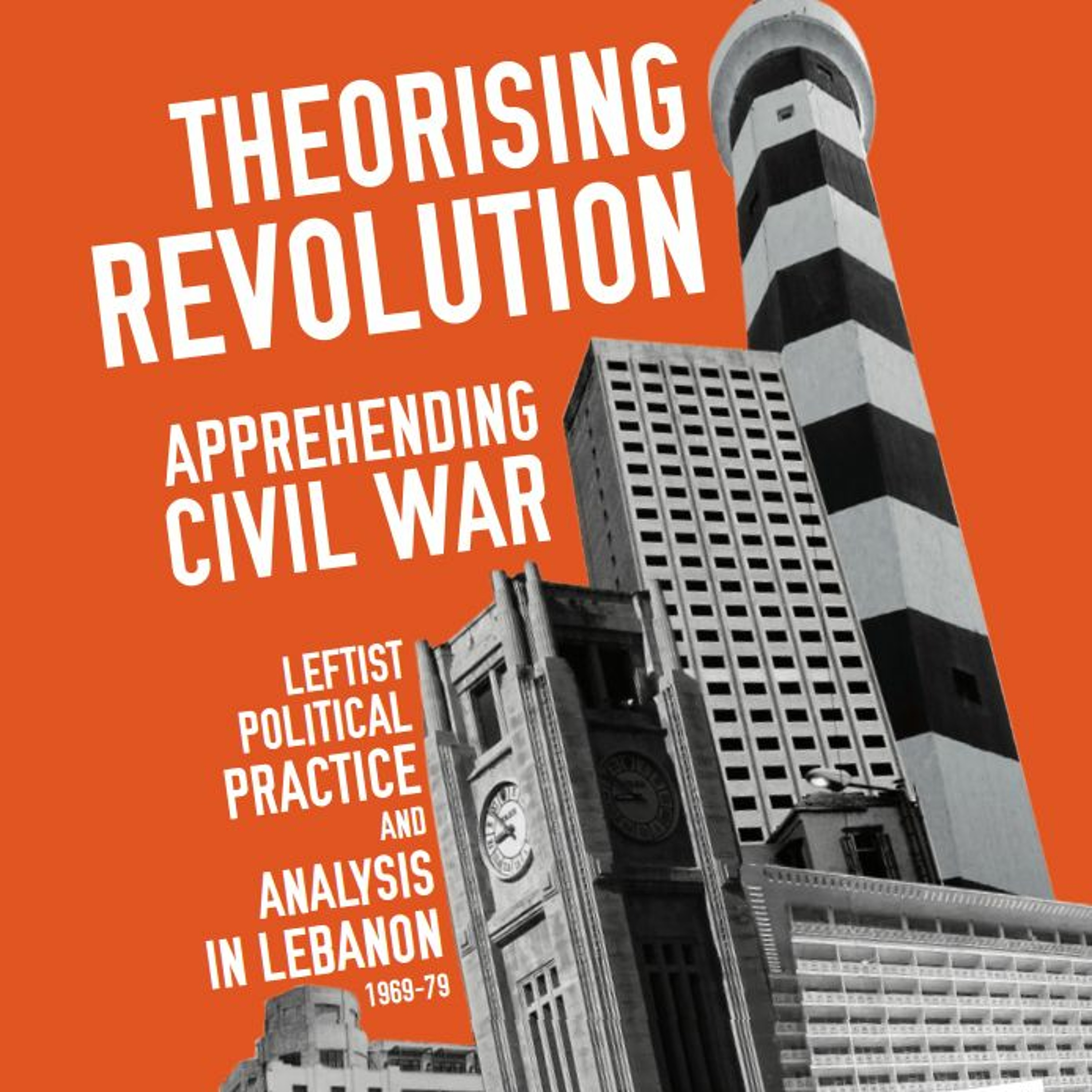 LSE Middle East Centre PodcastsTheorising Revolution, Anticipating Civil War: Class, State, and Political Practice in 1960s LebanonSpeaker: Fadi Bardawil, University of North Carolina
Discussant: Fuad Musallam, LSE
Chair: John Chalcraft, LSE
Drawing on the theorisation of the Marxist group Socialist Lebanon, Fadi Bardawil looks at how Lebanon's simultaneous economic integration into the Arab area through its services-based mode of production, and its isolation from Arab political causes, was affected by the advent of the Palestinian Resistance on the national political scene. Bardawil pays particular attention to how the Left theorised the Lebanese State, class-formation, as well as the role of Palestinian Resistance as an external force that would transform the rules of the Lebanese sectarian political...2015-01-211h 55
LSE Middle East Centre PodcastsTheorising Revolution, Anticipating Civil War: Class, State, and Political Practice in 1960s LebanonSpeaker: Fadi Bardawil, University of North Carolina
Discussant: Fuad Musallam, LSE
Chair: John Chalcraft, LSE
Drawing on the theorisation of the Marxist group Socialist Lebanon, Fadi Bardawil looks at how Lebanon's simultaneous economic integration into the Arab area through its services-based mode of production, and its isolation from Arab political causes, was affected by the advent of the Palestinian Resistance on the national political scene. Bardawil pays particular attention to how the Left theorised the Lebanese State, class-formation, as well as the role of Palestinian Resistance as an external force that would transform the rules of the Lebanese sectarian political...2015-01-211h 55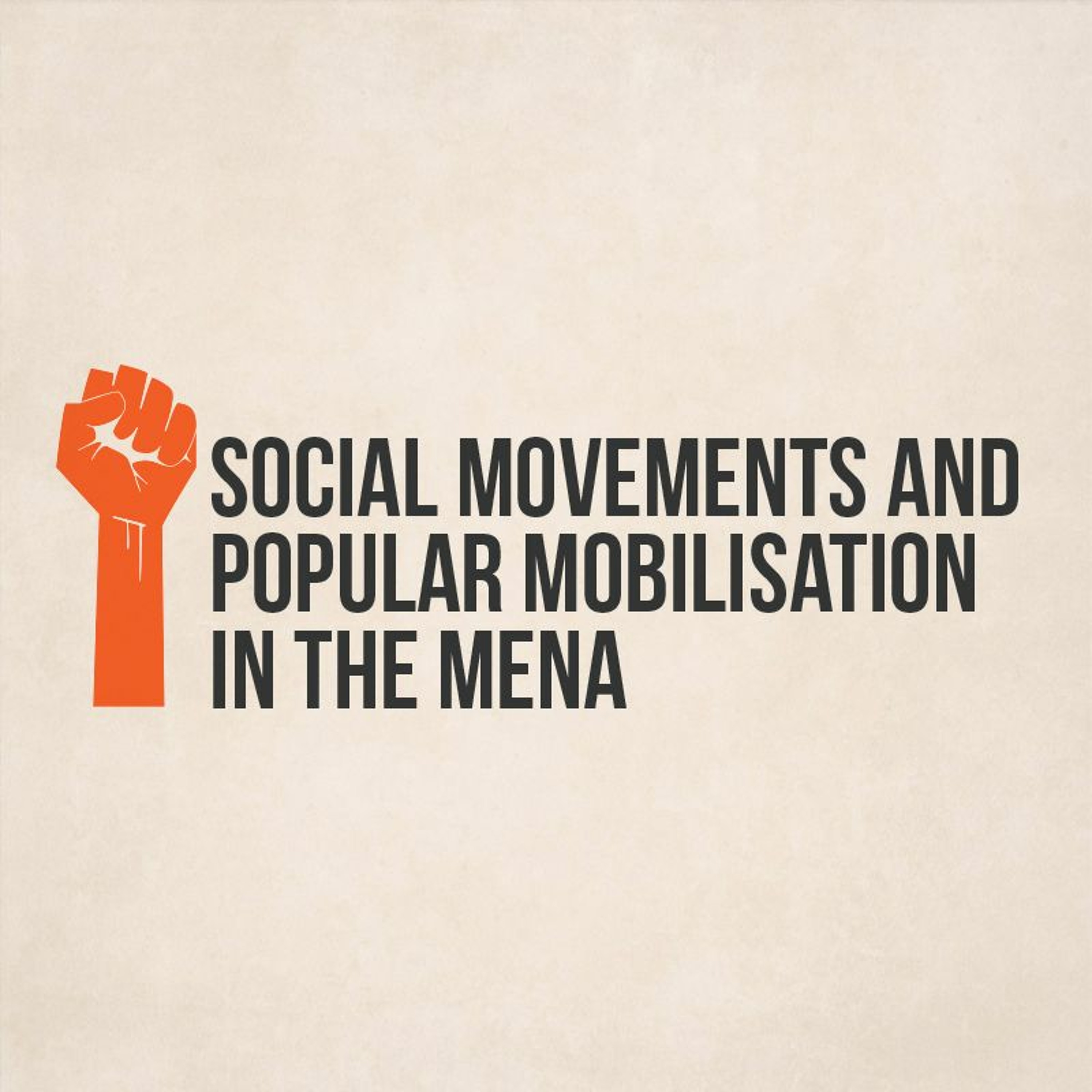 LSE Middle East Centre PodcastsHigh-Risk Activism and Popular Struggle Against the Israeli Occupation of the West BankSpeaker: Joel Beinin , Stanford University
Chair: John Chalcraft, LSE
Since 2002, local Palestinian popular committees have led a grass roots struggle against the separation barrier Israel has constructed, mostly on Palestinian land inside the West Bank. Israelis and internationals have joined this social movement. Using Doug McAdam’s conception of “high-risk activism” (derived from his study of the Mississippi Freedom Summer Project of 1964) Joel Beinin explores the history of the struggle and the motivations of Israelis for participating in it. Recorded on 4 November 2014.
This seminar forms part of the 'Social Movements and Popular Mobilisation in the MENA Research Theme'.2014-11-041h 25
LSE Middle East Centre PodcastsHigh-Risk Activism and Popular Struggle Against the Israeli Occupation of the West BankSpeaker: Joel Beinin , Stanford University
Chair: John Chalcraft, LSE
Since 2002, local Palestinian popular committees have led a grass roots struggle against the separation barrier Israel has constructed, mostly on Palestinian land inside the West Bank. Israelis and internationals have joined this social movement. Using Doug McAdam’s conception of “high-risk activism” (derived from his study of the Mississippi Freedom Summer Project of 1964) Joel Beinin explores the history of the struggle and the motivations of Israelis for participating in it. Recorded on 4 November 2014.
This seminar forms part of the 'Social Movements and Popular Mobilisation in the MENA Research Theme'.2014-11-041h 25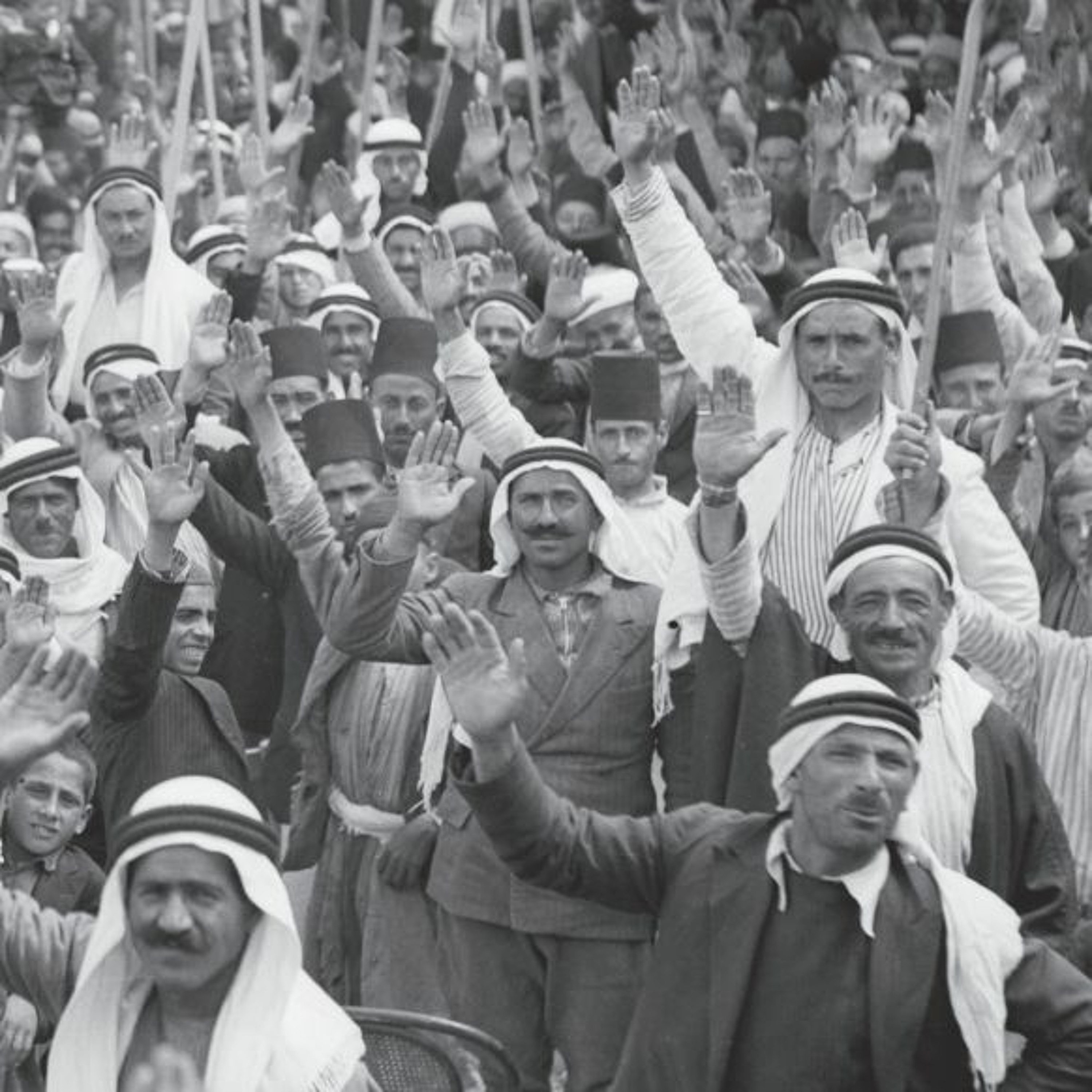 LSE Middle East Centre PodcastsWill the Real Palestinian Peasantry Please Sit Down? A New History of British Rule in PalestineSpeaker: Charles Anderson, Georgetown University
Chair: John Chalcraft, LSE
Charles Anderson discusses his paper, which is part of a broader argument for a history from below of Arab society under the Palestine Mandate. By reexamining the political economy of the countryside under the first 18 years of British rule and the responses of peasants and ex-peasants to the escalating pressures they faced, it contends that greater attention to the history of the rural majority has much to teach us.
In tandem, it advances an analysis of the Mandatory regime as a liberal despotism, the policies of which consolidated the emergence of...2014-05-201h 49
LSE Middle East Centre PodcastsWill the Real Palestinian Peasantry Please Sit Down? A New History of British Rule in PalestineSpeaker: Charles Anderson, Georgetown University
Chair: John Chalcraft, LSE
Charles Anderson discusses his paper, which is part of a broader argument for a history from below of Arab society under the Palestine Mandate. By reexamining the political economy of the countryside under the first 18 years of British rule and the responses of peasants and ex-peasants to the escalating pressures they faced, it contends that greater attention to the history of the rural majority has much to teach us.
In tandem, it advances an analysis of the Mandatory regime as a liberal despotism, the policies of which consolidated the emergence of...2014-05-201h 49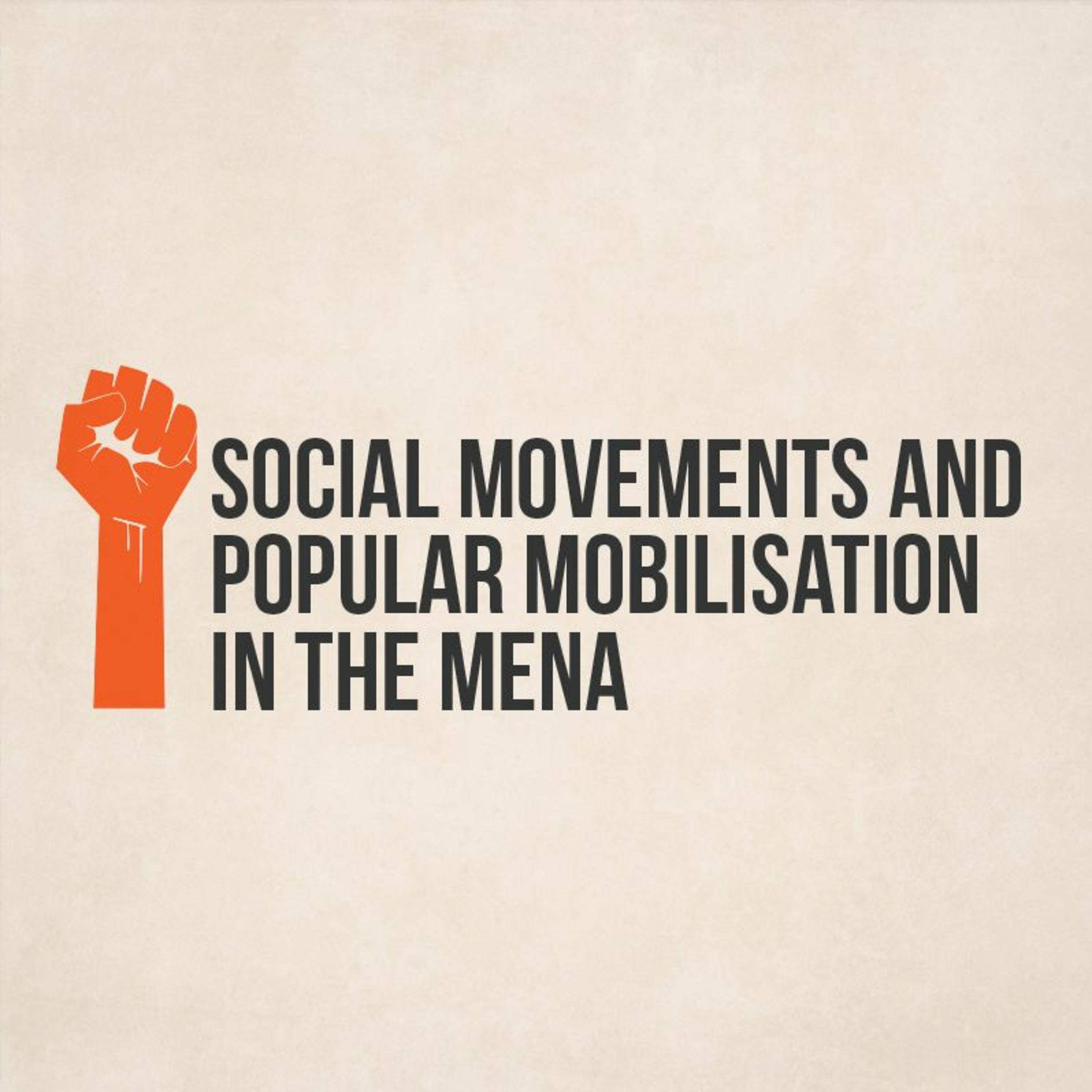 LSE Middle East Centre PodcastsNew Social Movements and the Question of Organisation During Revolutionary ProcessesSpeaker: Maha Abdelrahman, University of Cambridge
Discussant: Ahmad Shokr, New York University
Chair: John Chalcraft, LSE
In this seminar, Dr Abdelrahman raises questions about some of the general features of new social movements such as decentralised organisational structures, working outside formal politics and a decision not to capture the state, specifically during moments of revolutionary upheaval. She uses the case of the 25 January uprising in Egypt to examine these features in relation to the inability of revolutionary forces to harness the power of the mobilised masses and to provide a coherent alternative(s) against institutions of the counter-revolution. Recorded on 6...2014-05-0637 min
LSE Middle East Centre PodcastsNew Social Movements and the Question of Organisation During Revolutionary ProcessesSpeaker: Maha Abdelrahman, University of Cambridge
Discussant: Ahmad Shokr, New York University
Chair: John Chalcraft, LSE
In this seminar, Dr Abdelrahman raises questions about some of the general features of new social movements such as decentralised organisational structures, working outside formal politics and a decision not to capture the state, specifically during moments of revolutionary upheaval. She uses the case of the 25 January uprising in Egypt to examine these features in relation to the inability of revolutionary forces to harness the power of the mobilised masses and to provide a coherent alternative(s) against institutions of the counter-revolution. Recorded on 6...2014-05-0637 min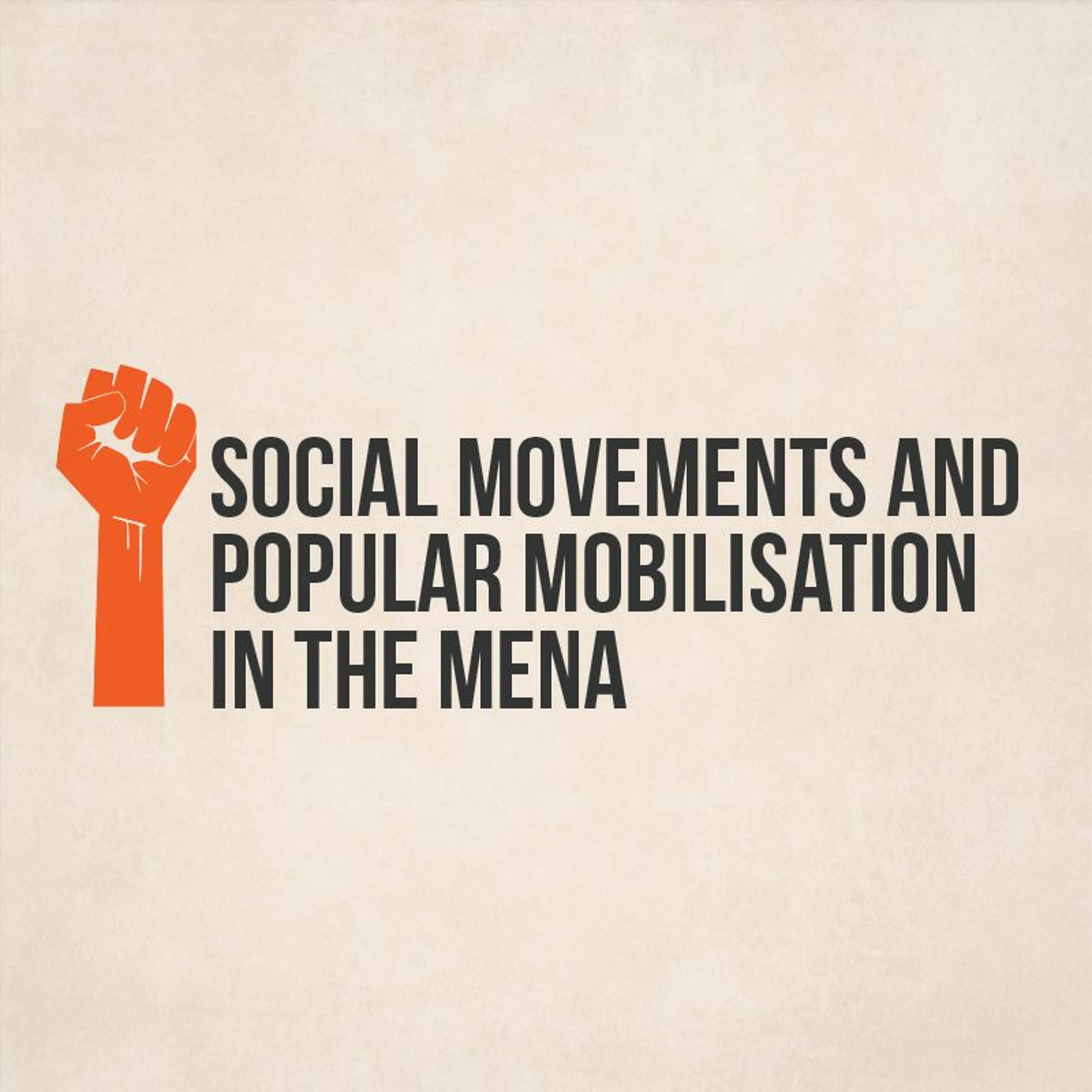 LSE Middle East Centre PodcastsThe Politics of the Urban Everyday in the Arab RevolutionsSpeaker: Salwa Ismail, SOAS
Chair: John Chalcraft, LSE
In this seminar, Professor Ismail discusses dimensions of contention and oppositional action anchored in urban space. She addresses the following questions: How, in the context of the Arab Revolutions, did the urban-based mass protests link with existing patterns of urban political action? What forms of contentious action undergird and animate these protests? In answering these questions, she focuses on urban popular forces in Cairo, their modes of inhabiting the city, and on the politics of the urban everyday. Recorded on 12 February 2014.
This seminar forms part of the 'Social Movements and Popular Mobilisation...2014-02-121h 41
LSE Middle East Centre PodcastsThe Politics of the Urban Everyday in the Arab RevolutionsSpeaker: Salwa Ismail, SOAS
Chair: John Chalcraft, LSE
In this seminar, Professor Ismail discusses dimensions of contention and oppositional action anchored in urban space. She addresses the following questions: How, in the context of the Arab Revolutions, did the urban-based mass protests link with existing patterns of urban political action? What forms of contentious action undergird and animate these protests? In answering these questions, she focuses on urban popular forces in Cairo, their modes of inhabiting the city, and on the politics of the urban everyday. Recorded on 12 February 2014.
This seminar forms part of the 'Social Movements and Popular Mobilisation...2014-02-121h 41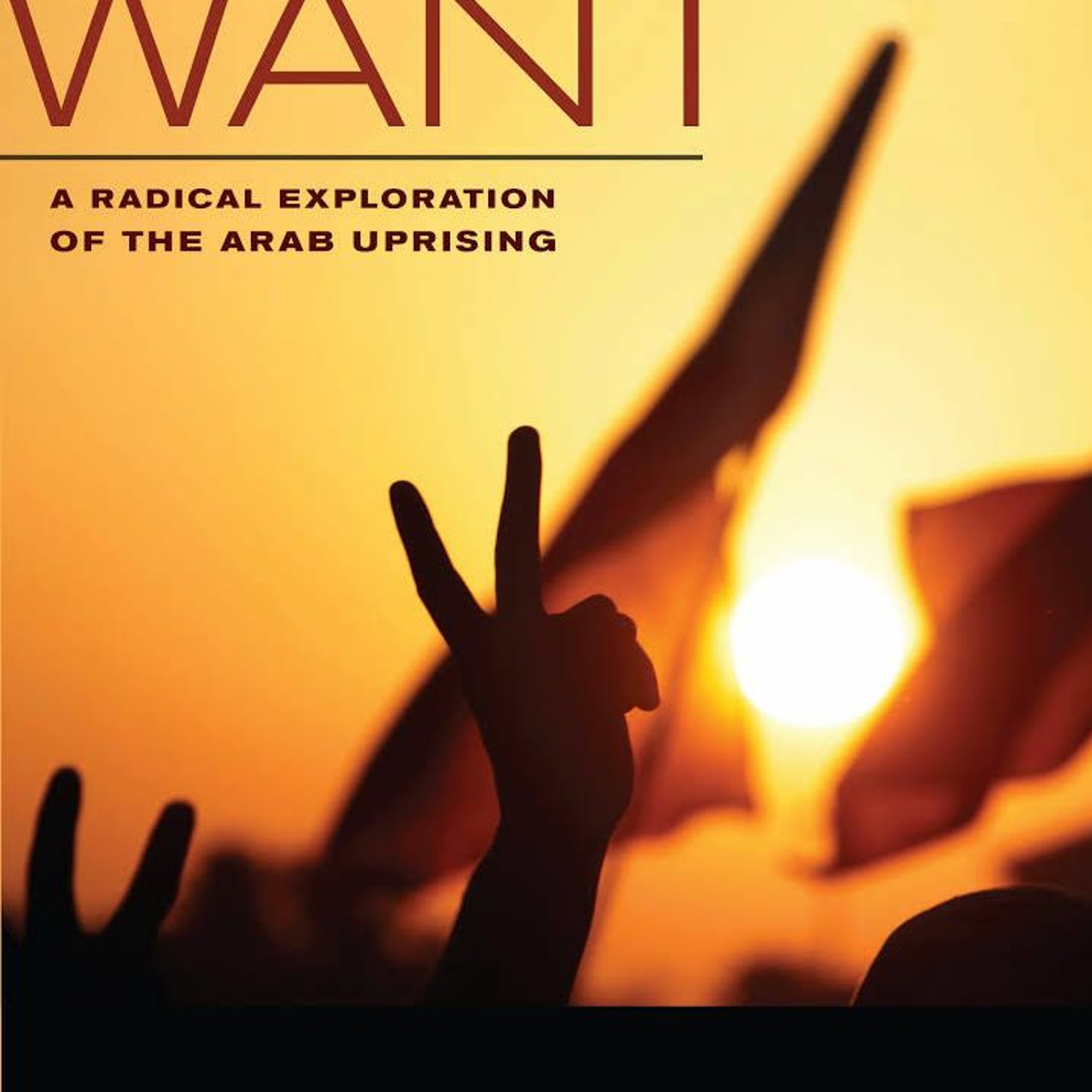 LSE Middle East Centre PodcastsThe People Want: A Radical Exploration of the Arab UprisingSpeaker: Gilbert Achcar, SOAS
Chair: John Chalcraft, LSE
The euphoria that welcomed the Arab uprising in its initial stage tended to turn into gloom in later years. Away from impressionistic reactions, Gilbert Achcar assesses and discusses the latest developments in the Arab-speaking region on the occasion of the publication of his new book, 'The People Want: A Radical Exploration of the Arab Uprising'. Recorded on 27 January 2014.2014-01-271h 23
LSE Middle East Centre PodcastsThe People Want: A Radical Exploration of the Arab UprisingSpeaker: Gilbert Achcar, SOAS
Chair: John Chalcraft, LSE
The euphoria that welcomed the Arab uprising in its initial stage tended to turn into gloom in later years. Away from impressionistic reactions, Gilbert Achcar assesses and discusses the latest developments in the Arab-speaking region on the occasion of the publication of his new book, 'The People Want: A Radical Exploration of the Arab Uprising'. Recorded on 27 January 2014.2014-01-271h 23 Autumn 2013 | Public lectures and events | Audio and pdfProtest and Revolution in the Arab World: Reflections Three Years OnContributor(s): Professor Madawi Al-Rasheed, Dr John Chalcraft, Dr Ewan Stein | Three years after the Arab uprisings started in Tunisia, a panel of academics will reflect on the causes and drivers behind these seminal events, how they have transformed countries like Egypt; but also why they have had less impact in other countries, such as Saudi Arabia. Professor Madawi Al-Rasheed is Visiting Professor at the Middle East Centre at LSE and Research Fellow at the Open Society Foundation. She was Professor of Anthropology of Religion at King’s College, London between 1994 and 2013. Previously, she was Prize Research Fellow at Nuffield Co...2013-12-041h 33
Autumn 2013 | Public lectures and events | Audio and pdfProtest and Revolution in the Arab World: Reflections Three Years OnContributor(s): Professor Madawi Al-Rasheed, Dr John Chalcraft, Dr Ewan Stein | Three years after the Arab uprisings started in Tunisia, a panel of academics will reflect on the causes and drivers behind these seminal events, how they have transformed countries like Egypt; but also why they have had less impact in other countries, such as Saudi Arabia. Professor Madawi Al-Rasheed is Visiting Professor at the Middle East Centre at LSE and Research Fellow at the Open Society Foundation. She was Professor of Anthropology of Religion at King’s College, London between 1994 and 2013. Previously, she was Prize Research Fellow at Nuffield Co...2013-12-041h 33 Autumn 2013 | Public lectures and events | VideoProtest and Revolution in the Arab World: Reflections Three Years OnContributor(s): Professor Madawi Al-Rasheed, Dr John Chalcraft, Dr Ewan Stein | Three years after the Arab uprisings started in Tunisia, a panel of academics will reflect on the causes and drivers behind these seminal events, how they have transformed countries like Egypt; but also why they have had less impact in other countries, such as Saudi Arabia. Professor Madawi Al-Rasheed is Visiting Professor at the Middle East Centre at LSE and Research Fellow at the Open Society Foundation. She was Professor of Anthropology of Religion at King’s College, London between 1994 and 2013. Previously, she was Prize Research Fellow at Nuffield Co...2013-12-041h 33
Autumn 2013 | Public lectures and events | VideoProtest and Revolution in the Arab World: Reflections Three Years OnContributor(s): Professor Madawi Al-Rasheed, Dr John Chalcraft, Dr Ewan Stein | Three years after the Arab uprisings started in Tunisia, a panel of academics will reflect on the causes and drivers behind these seminal events, how they have transformed countries like Egypt; but also why they have had less impact in other countries, such as Saudi Arabia. Professor Madawi Al-Rasheed is Visiting Professor at the Middle East Centre at LSE and Research Fellow at the Open Society Foundation. She was Professor of Anthropology of Religion at King’s College, London between 1994 and 2013. Previously, she was Prize Research Fellow at Nuffield Co...2013-12-041h 33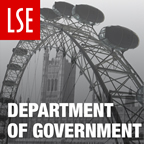 Department of GovernmentDr John Chalcraft – MSc Comparative Politics [Video]Contributor(s): Dr John Chalcraft | John Chalcraft provides an overview of the of the MSc in Comparative Politics programme at LSE.2013-11-2602 min
Department of GovernmentDr John Chalcraft – MSc Comparative Politics [Video]Contributor(s): Dr John Chalcraft | John Chalcraft provides an overview of the of the MSc in Comparative Politics programme at LSE.2013-11-2602 min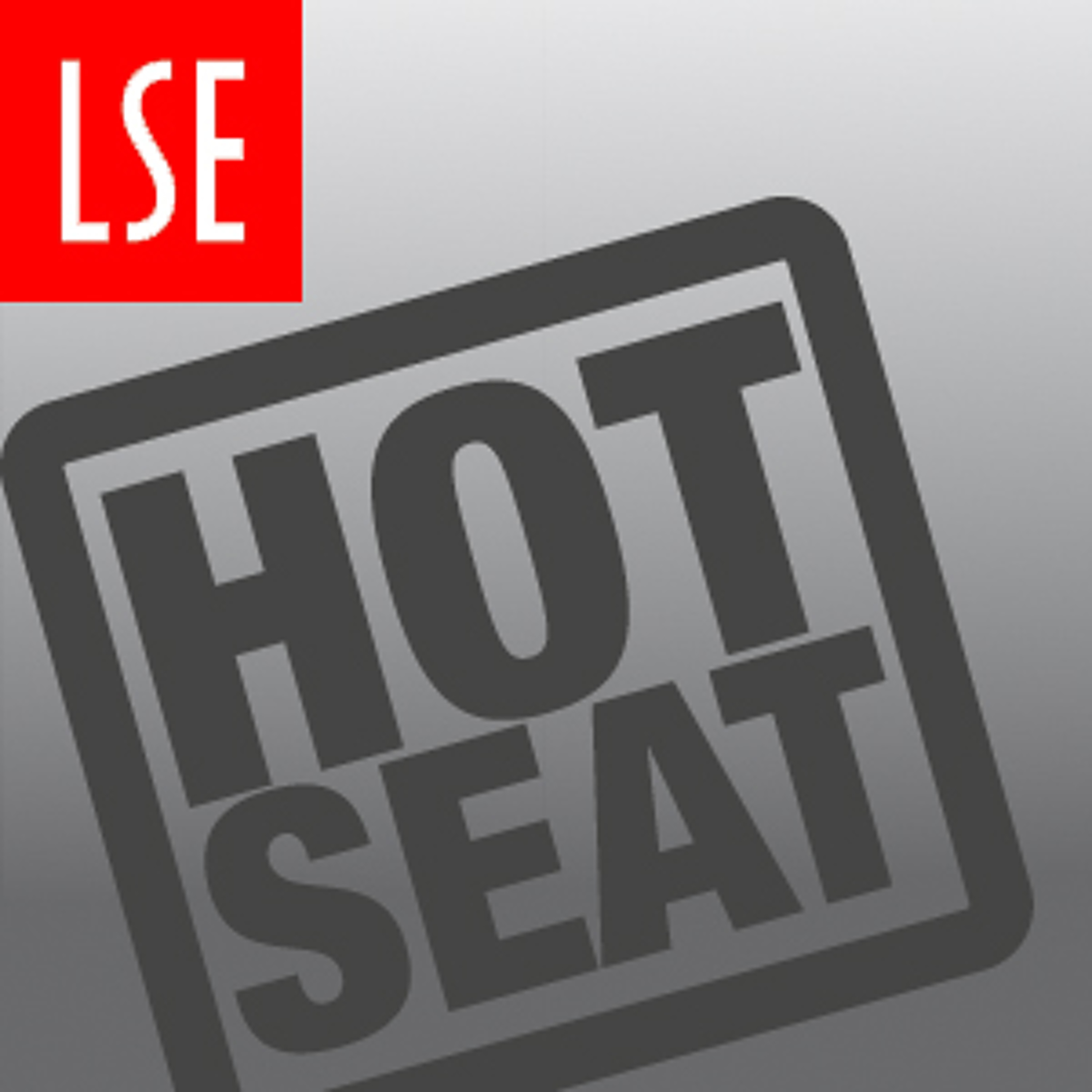 The HotSeatThe HotSeat | 12 October 2011 | Egypt, Syria, Palestine and the Arab SpringDr John Chalcraft discusses the impact of the Wave of Arab revolutions and civil uprisings on Egypt, Syria, and Palestine.2013-01-2224 min
The HotSeatThe HotSeat | 12 October 2011 | Egypt, Syria, Palestine and the Arab SpringDr John Chalcraft discusses the impact of the Wave of Arab revolutions and civil uprisings on Egypt, Syria, and Palestine.2013-01-2224 min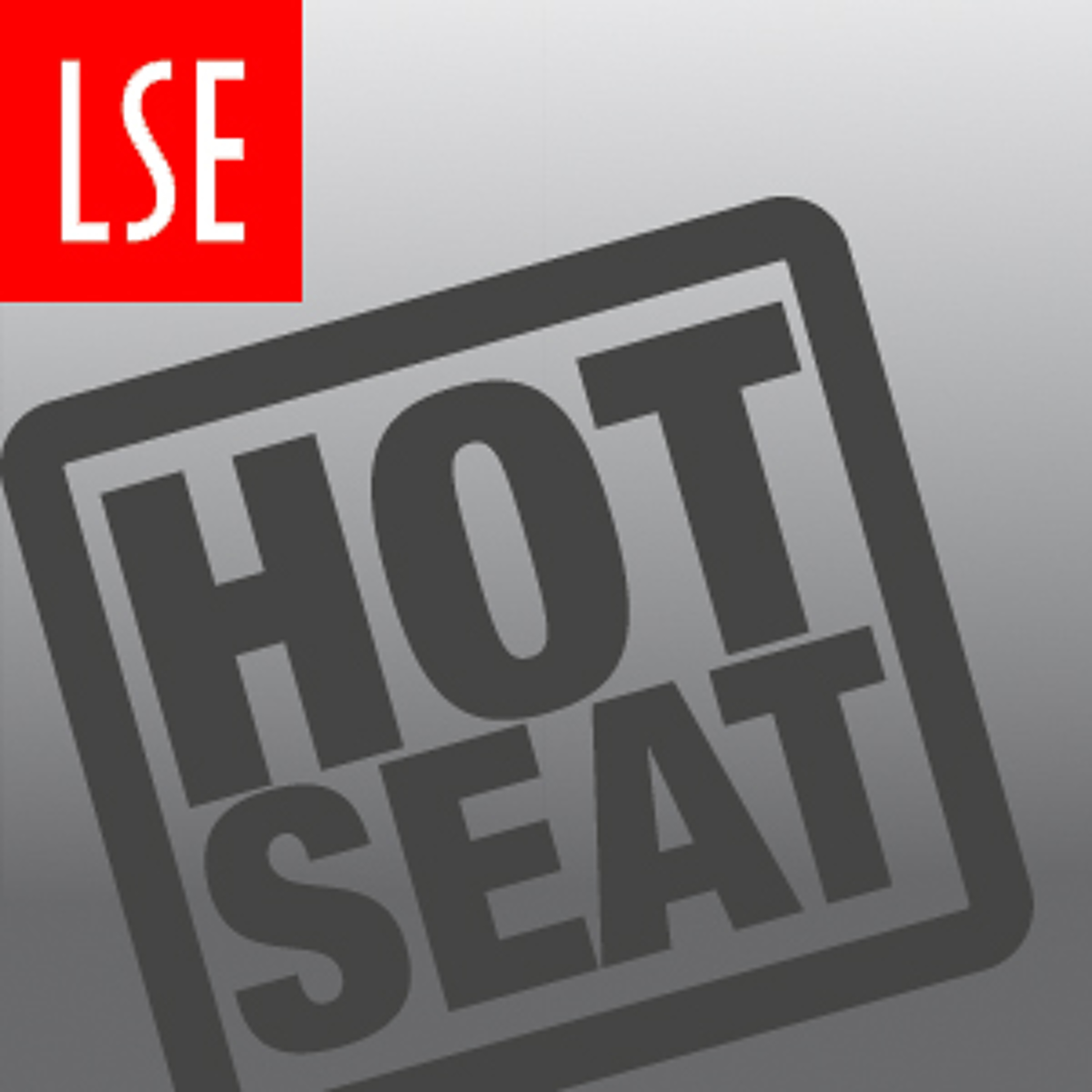 The HotSeatThe HotSeat | 29 January 2009 | The aftermath of the Israel-Gaza conflictDr John Chalcraft discusses the aftermath of the Israel-Gaza conflict.2013-01-2211 min
The HotSeatThe HotSeat | 29 January 2009 | The aftermath of the Israel-Gaza conflictDr John Chalcraft discusses the aftermath of the Israel-Gaza conflict.2013-01-2211 min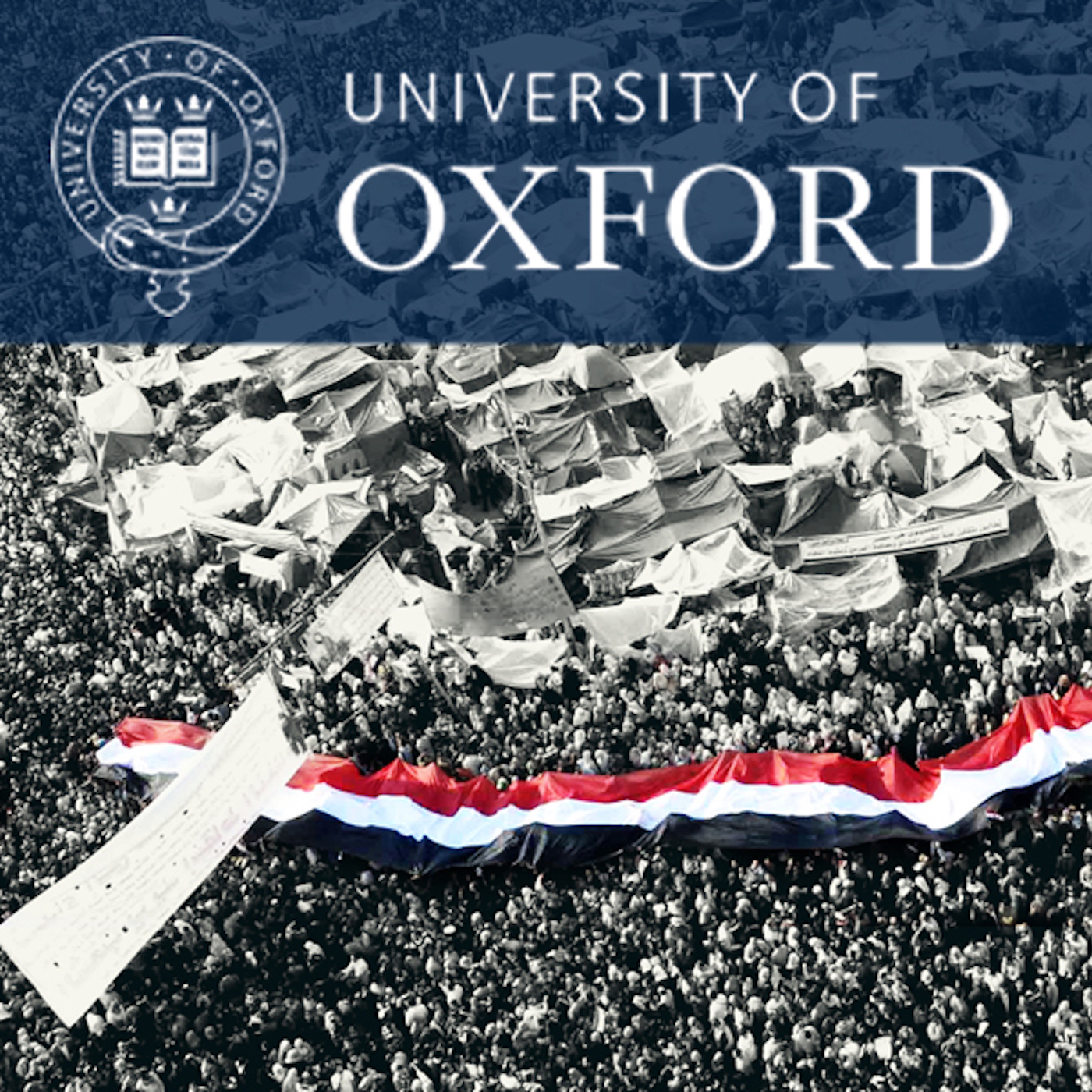 The Egyptian Revolution, One Year OnPanel 2 | Movements and Mobilisation Horizontalism on the Nile: what does it mean to say that the Egyptian uprising of 2011 was leaderless/or leaderful? And does it matter?John Chalcraft of the London School of Economics examines horizontalist mobilisation and questions of ideological programme in the Egyptian revolution of 2011.2012-05-2519 min
The Egyptian Revolution, One Year OnPanel 2 | Movements and Mobilisation Horizontalism on the Nile: what does it mean to say that the Egyptian uprising of 2011 was leaderless/or leaderful? And does it matter?John Chalcraft of the London School of Economics examines horizontalist mobilisation and questions of ideological programme in the Egyptian revolution of 2011.2012-05-2519 min The Egyptian Revolution, One Year OnPanel 2 | Movements and Mobilisation Horizontalism on the Nile: what does it mean to say that the Egyptian uprising of 2011 was leaderless/or leaderful? And does it matter?John Chalcraft of the London School of Economics examines horizontalist mobilisation and questions of ideological programme in the Egyptian revolution of 2011.2012-05-2519 min
The Egyptian Revolution, One Year OnPanel 2 | Movements and Mobilisation Horizontalism on the Nile: what does it mean to say that the Egyptian uprising of 2011 was leaderless/or leaderful? And does it matter?John Chalcraft of the London School of Economics examines horizontalist mobilisation and questions of ideological programme in the Egyptian revolution of 2011.2012-05-2519 min The Egyptian Revolution, One Year OnPanel 2 | Movements and Mobilisation Horizontalism on the Nile: what does it mean to say that the Egyptian uprising of 2011 was leaderless/or leaderful? And does it matter?John Chalcraft of the London School of Economics examines horizontalist mobilisation and questions of ideological programme in the Egyptian revolution of 2011.2012-05-2519 min
The Egyptian Revolution, One Year OnPanel 2 | Movements and Mobilisation Horizontalism on the Nile: what does it mean to say that the Egyptian uprising of 2011 was leaderless/or leaderful? And does it matter?John Chalcraft of the London School of Economics examines horizontalist mobilisation and questions of ideological programme in the Egyptian revolution of 2011.2012-05-2519 min Autumn 2011 | Public lectures and events | Audio and pdfThe Arab Uprisings: mass protest, border-crossing and history from belowContributor(s): Dr John Chalcraft | Based on fieldwork conducted over the past five years, John Chalcraft will examine the Arab uprisings with a focus on popular protest and "history from below". John Chalcraft is a reader in the history and politics of Empire/Imperialism at LSE.2011-11-071h 29
Autumn 2011 | Public lectures and events | Audio and pdfThe Arab Uprisings: mass protest, border-crossing and history from belowContributor(s): Dr John Chalcraft | Based on fieldwork conducted over the past five years, John Chalcraft will examine the Arab uprisings with a focus on popular protest and "history from below". John Chalcraft is a reader in the history and politics of Empire/Imperialism at LSE.2011-11-071h 29 Autumn 2011 | Public lectures and events | VideoThe Arab Uprisings: mass protest, border-crossing and history from belowContributor(s): Dr John Chalcraft | Based on fieldwork conducted over the past five years, John Chalcraft will examine the Arab uprisings with a focus on popular protest and "history from below". John Chalcraft is a reader in the history and politics of Empire/Imperialism at LSE.2011-11-071h 29
Autumn 2011 | Public lectures and events | VideoThe Arab Uprisings: mass protest, border-crossing and history from belowContributor(s): Dr John Chalcraft | Based on fieldwork conducted over the past five years, John Chalcraft will examine the Arab uprisings with a focus on popular protest and "history from below". John Chalcraft is a reader in the history and politics of Empire/Imperialism at LSE.2011-11-071h 29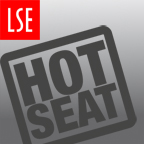 The HotSeat | Audio and pdfEgypt, Syria, Palestine and the Arab SpringContributor(s): Dr John Chalcraft | Dr John Chalcraft discusses the impact of the Wave of Arab revolutions and civil uprisings on Egypt, Syria, and Palestine.2011-10-1224 min
The HotSeat | Audio and pdfEgypt, Syria, Palestine and the Arab SpringContributor(s): Dr John Chalcraft | Dr John Chalcraft discusses the impact of the Wave of Arab revolutions and civil uprisings on Egypt, Syria, and Palestine.2011-10-1224 min LSE Government Department HotSeatEgypt, Syria, Palestine and the Arab SpringContributor(s): Dr John Chalcraft | Dr John Chalcraft discusses the impact of the Wave of Arab revolutions and civil uprisings on Egypt, Syria, and Palestine.2011-10-1200 min
LSE Government Department HotSeatEgypt, Syria, Palestine and the Arab SpringContributor(s): Dr John Chalcraft | Dr John Chalcraft discusses the impact of the Wave of Arab revolutions and civil uprisings on Egypt, Syria, and Palestine.2011-10-1200 min Spring 2011 | Public lectures and events | VideoIsraeli Academic Boycott: Helpful or Harmful?Contributor(s): Dr John Chalcraft, Professor Daniel Hochhauser | This is a joint event hosted by the LSESU Palestine Society and LSESU Israel Society, this debate will be centred around the following motion: "This house believes in an academic boycott of Israel". John Chalcraft graduated with a starred first in history (M.A. Hons) from Gonville and Caius college Cambridge in 1992. He then did post-graduate work at Harvard, Oxford and New York University, from where he received his doctorate with distinction in the modern history of the Middle East in January 2001. He held a Research Fellowship at Caius college (1999-2000) and...2011-01-131h 13
Spring 2011 | Public lectures and events | VideoIsraeli Academic Boycott: Helpful or Harmful?Contributor(s): Dr John Chalcraft, Professor Daniel Hochhauser | This is a joint event hosted by the LSESU Palestine Society and LSESU Israel Society, this debate will be centred around the following motion: "This house believes in an academic boycott of Israel". John Chalcraft graduated with a starred first in history (M.A. Hons) from Gonville and Caius college Cambridge in 1992. He then did post-graduate work at Harvard, Oxford and New York University, from where he received his doctorate with distinction in the modern history of the Middle East in January 2001. He held a Research Fellowship at Caius college (1999-2000) and...2011-01-131h 13 Spring 2011 | Public lectures and events | Audio and pdfIsraeli Academic Boycott: Helpful or Harmful?Contributor(s): Dr John Chalcraft, Professor Daniel Hochhauser | This is a joint event hosted by the LSESU Palestine Society and LSESU Israel Society, this debate will be centred around the following motion: "This house believes in an academic boycott of Israel". John Chalcraft graduated with a starred first in history (M.A. Hons) from Gonville and Caius college Cambridge in 1992. He then did post-graduate work at Harvard, Oxford and New York University, from where he received his doctorate with distinction in the modern history of the Middle East in January 2001. He held a Research Fellowship at Caius college (1999-2000) and...2011-01-131h 13
Spring 2011 | Public lectures and events | Audio and pdfIsraeli Academic Boycott: Helpful or Harmful?Contributor(s): Dr John Chalcraft, Professor Daniel Hochhauser | This is a joint event hosted by the LSESU Palestine Society and LSESU Israel Society, this debate will be centred around the following motion: "This house believes in an academic boycott of Israel". John Chalcraft graduated with a starred first in history (M.A. Hons) from Gonville and Caius college Cambridge in 1992. He then did post-graduate work at Harvard, Oxford and New York University, from where he received his doctorate with distinction in the modern history of the Middle East in January 2001. He held a Research Fellowship at Caius college (1999-2000) and...2011-01-131h 13 Spring 2011 | Public lectures and events | Audio and pdfIsraeli Academic Boycott: Helpful or Harmful?Contributor(s): Dr John Chalcraft, Professor Daniel Hochhauser | This is a joint event hosted by the LSESU Palestine Society and LSESU Israel Society, this debate will be centred around the following motion: "This house believes in an academic boycott of Israel". John Chalcraft graduated with a starred first in history (M.A. Hons) from Gonville and Caius college Cambridge in 1992. He then did post-graduate work at Harvard, Oxford and New York University, from where he received his doctorate with distinction in the modern history of the Middle East in January 2001. He held a Research Fellowship at Caius college (1999-2000) and...2011-01-131h 13
Spring 2011 | Public lectures and events | Audio and pdfIsraeli Academic Boycott: Helpful or Harmful?Contributor(s): Dr John Chalcraft, Professor Daniel Hochhauser | This is a joint event hosted by the LSESU Palestine Society and LSESU Israel Society, this debate will be centred around the following motion: "This house believes in an academic boycott of Israel". John Chalcraft graduated with a starred first in history (M.A. Hons) from Gonville and Caius college Cambridge in 1992. He then did post-graduate work at Harvard, Oxford and New York University, from where he received his doctorate with distinction in the modern history of the Middle East in January 2001. He held a Research Fellowship at Caius college (1999-2000) and...2011-01-131h 13 Spring 2011 | Public lectures and events | VideoIsraeli Academic Boycott: Helpful or Harmful?Contributor(s): Dr John Chalcraft, Professor Daniel Hochhauser | This is a joint event hosted by the LSESU Palestine Society and LSESU Israel Society, this debate will be centred around the following motion: "This house believes in an academic boycott of Israel". John Chalcraft graduated with a starred first in history (M.A. Hons) from Gonville and Caius college Cambridge in 1992. He then did post-graduate work at Harvard, Oxford and New York University, from where he received his doctorate with distinction in the modern history of the Middle East in January 2001. He held a Research Fellowship at Caius college (1999-2000) and...2011-01-131h 13
Spring 2011 | Public lectures and events | VideoIsraeli Academic Boycott: Helpful or Harmful?Contributor(s): Dr John Chalcraft, Professor Daniel Hochhauser | This is a joint event hosted by the LSESU Palestine Society and LSESU Israel Society, this debate will be centred around the following motion: "This house believes in an academic boycott of Israel". John Chalcraft graduated with a starred first in history (M.A. Hons) from Gonville and Caius college Cambridge in 1992. He then did post-graduate work at Harvard, Oxford and New York University, from where he received his doctorate with distinction in the modern history of the Middle East in January 2001. He held a Research Fellowship at Caius college (1999-2000) and...2011-01-131h 13 LSE Government Department HotSeatThe aftermath of the Israel-Gaza conflictContributor(s): Dr John Chalcraft | Dr John Chalcraft discusses the aftermath of the Israel-Gaza conflict.2009-01-2900 min
LSE Government Department HotSeatThe aftermath of the Israel-Gaza conflictContributor(s): Dr John Chalcraft | Dr John Chalcraft discusses the aftermath of the Israel-Gaza conflict.2009-01-2900 min The HotSeat | Audio and pdfThe aftermath of the Israel-Gaza conflictContributor(s): Dr John Chalcraft | Dr John Chalcraft discusses the aftermath of the Israel-Gaza conflict.2009-01-2911 min
The HotSeat | Audio and pdfThe aftermath of the Israel-Gaza conflictContributor(s): Dr John Chalcraft | Dr John Chalcraft discusses the aftermath of the Israel-Gaza conflict.2009-01-2911 min